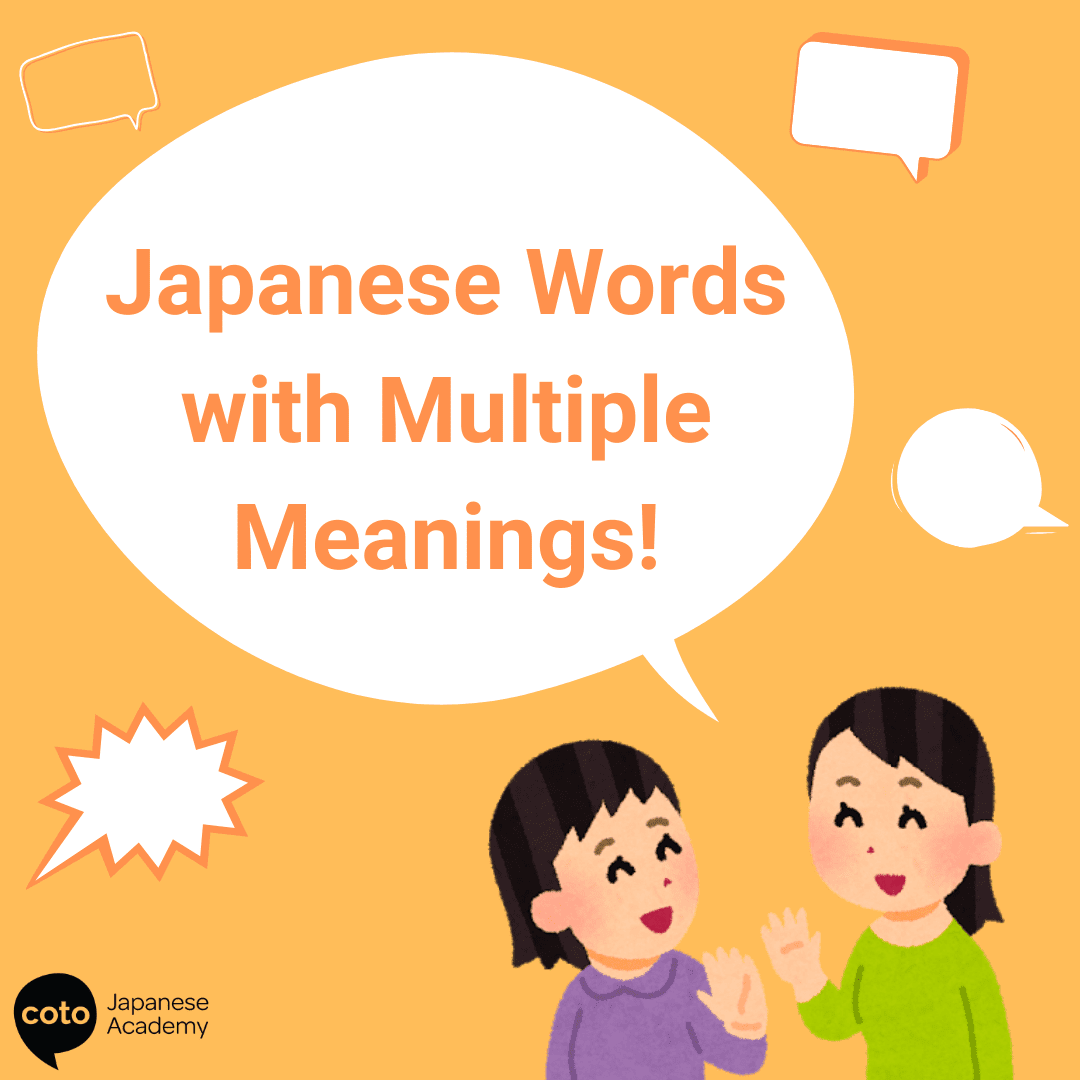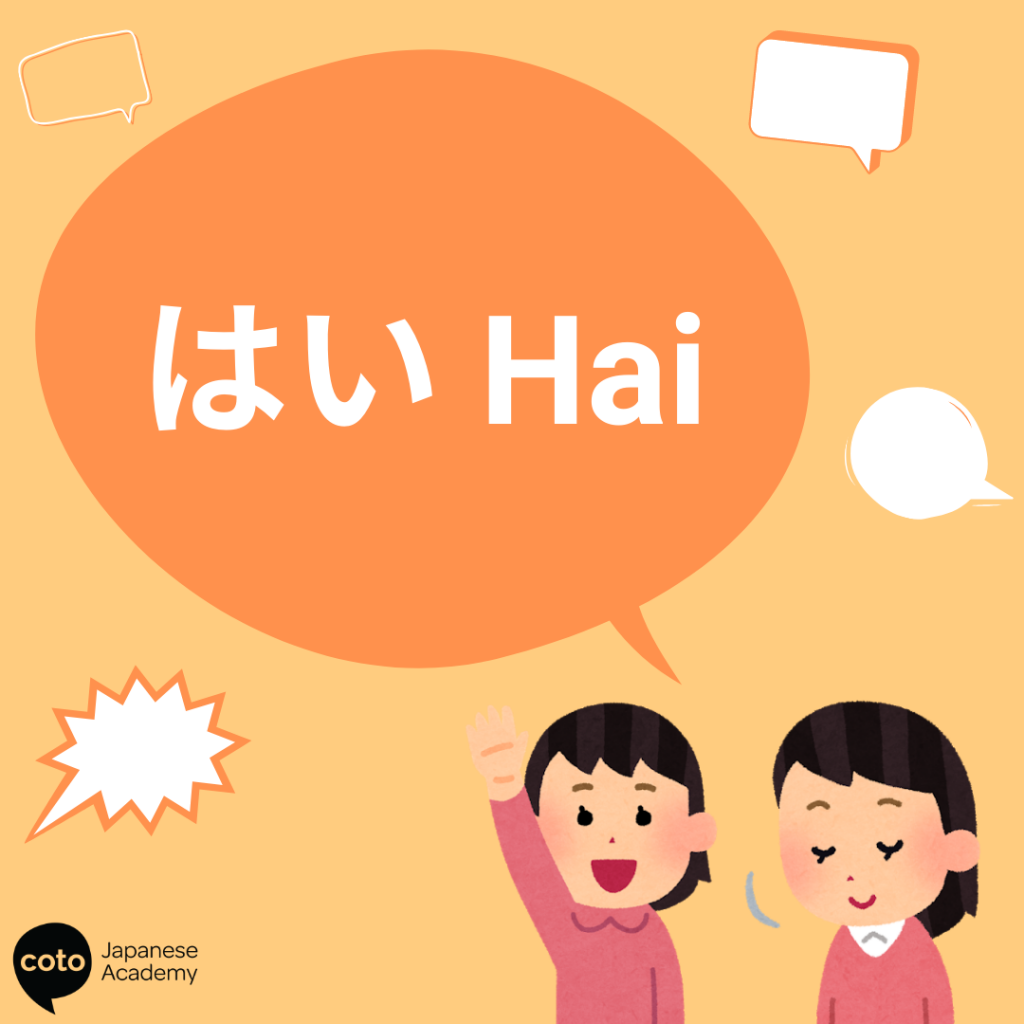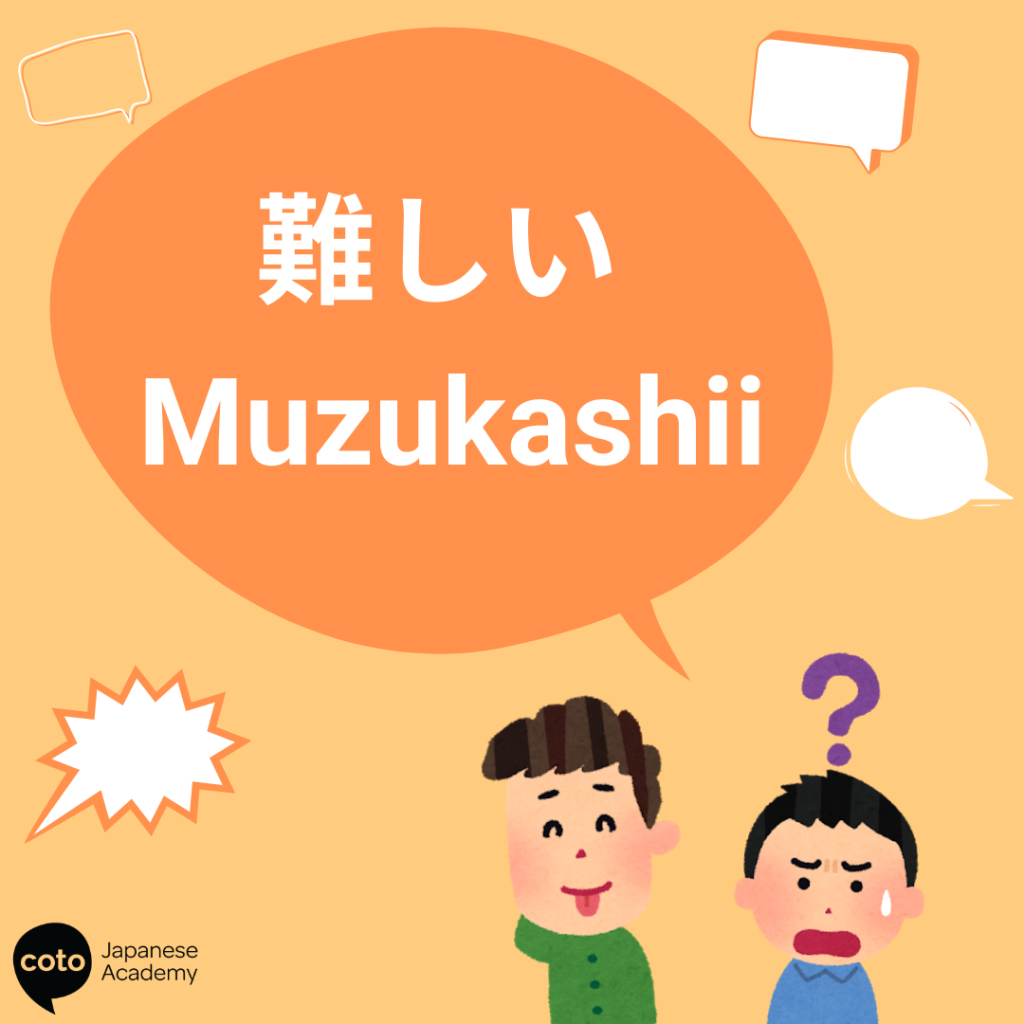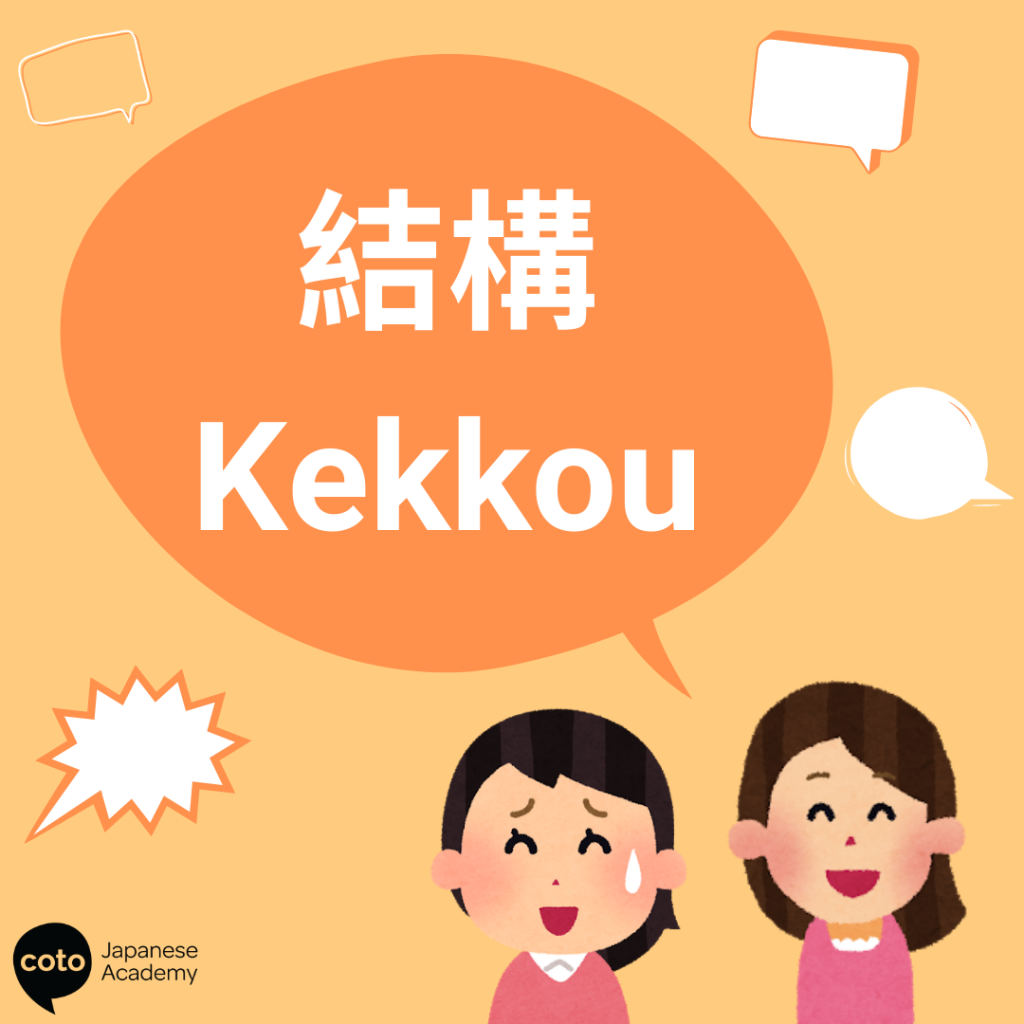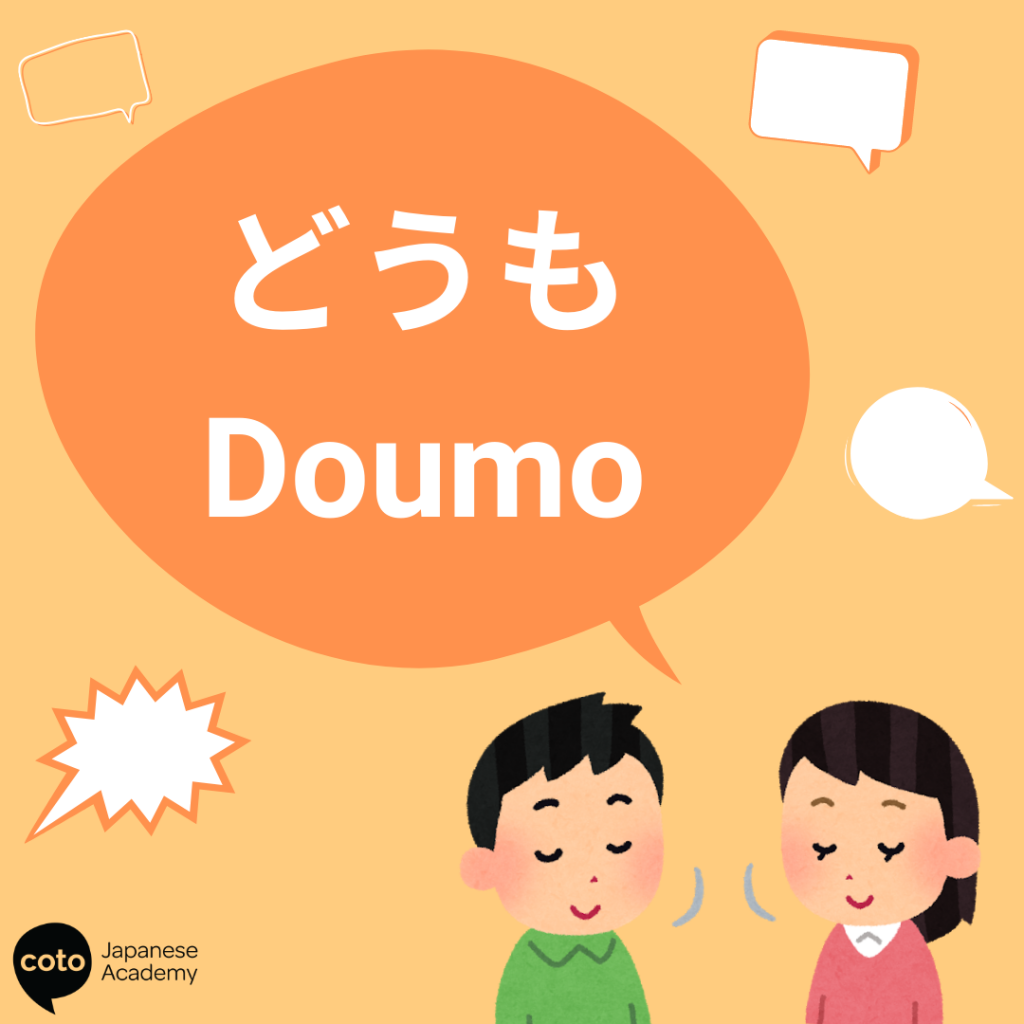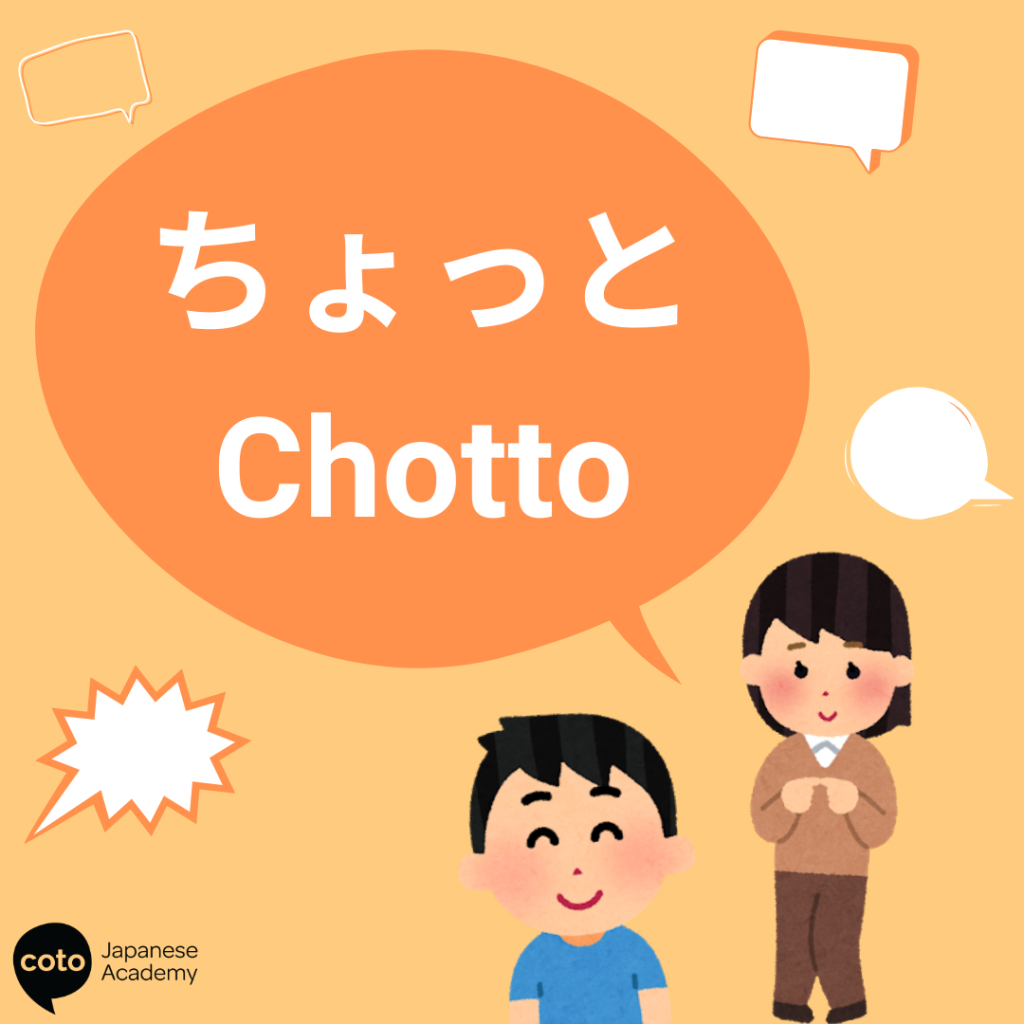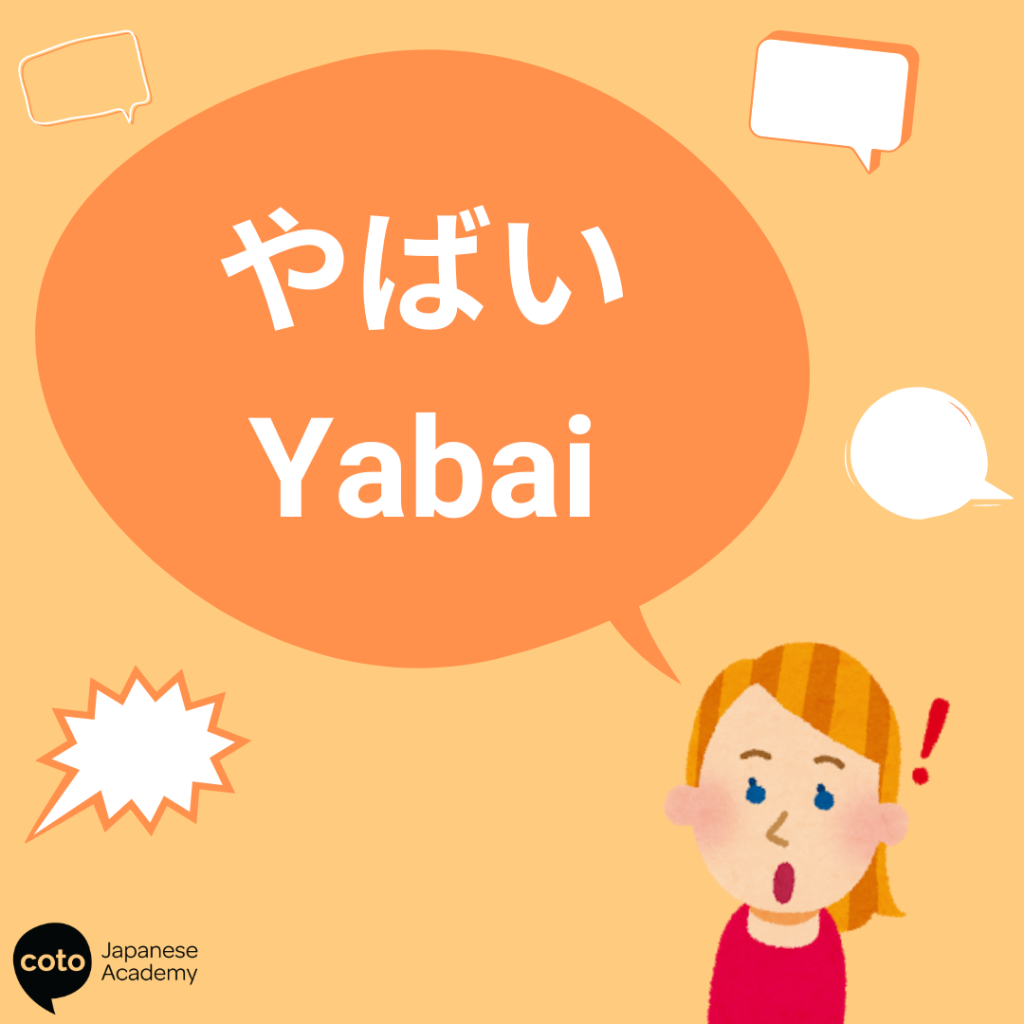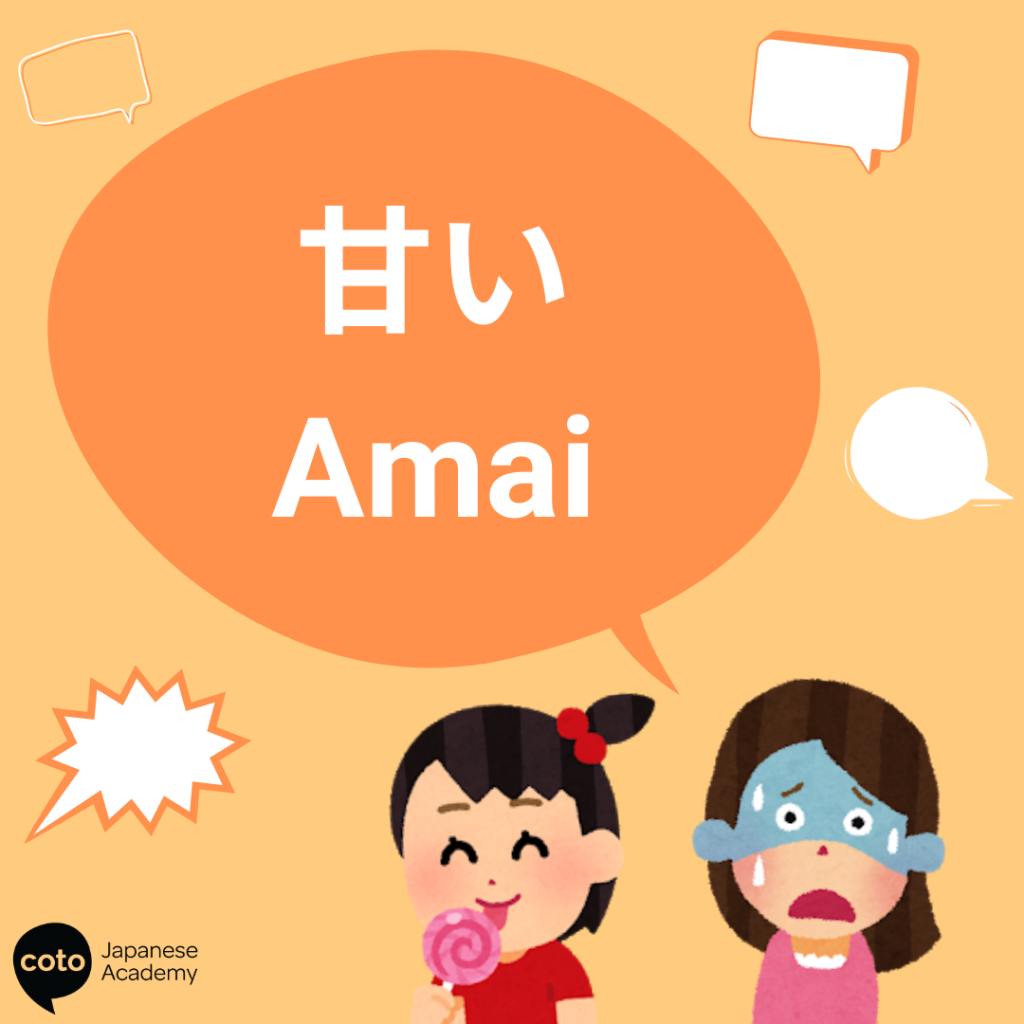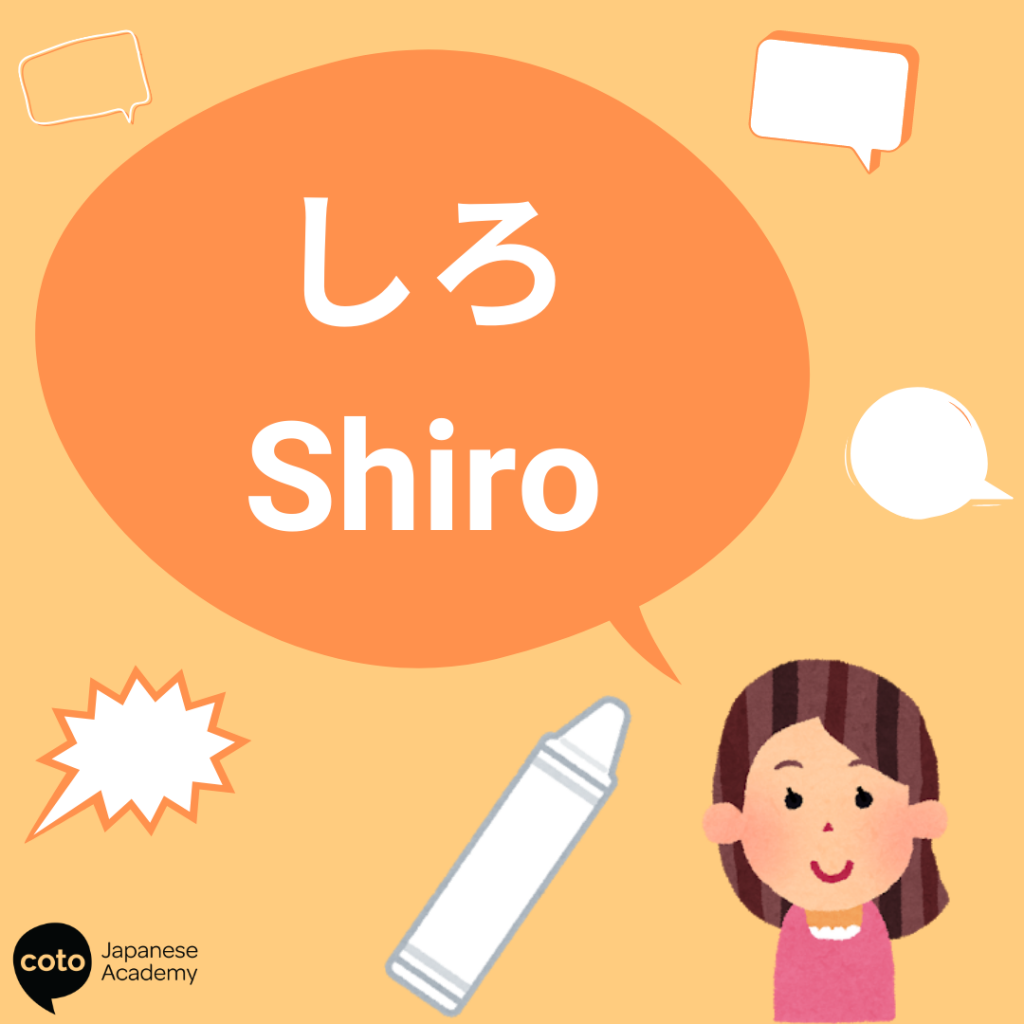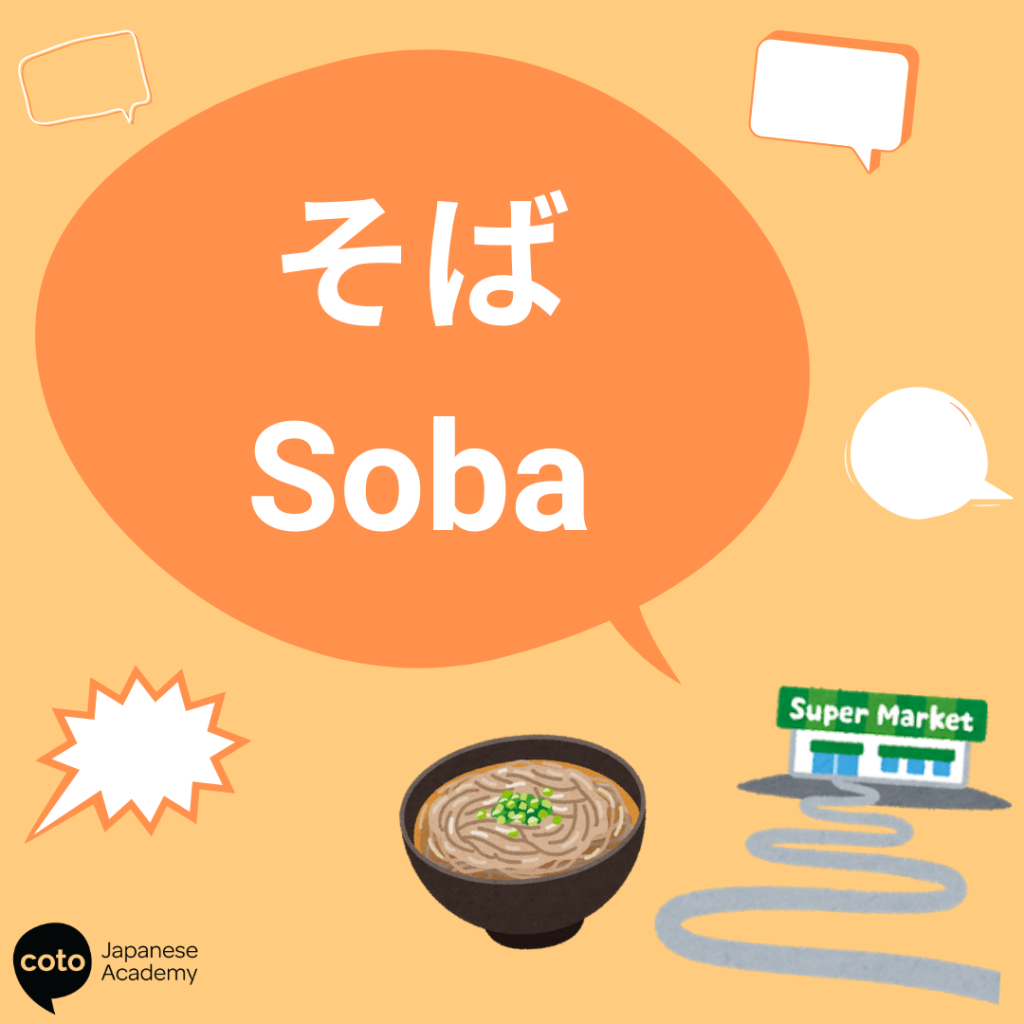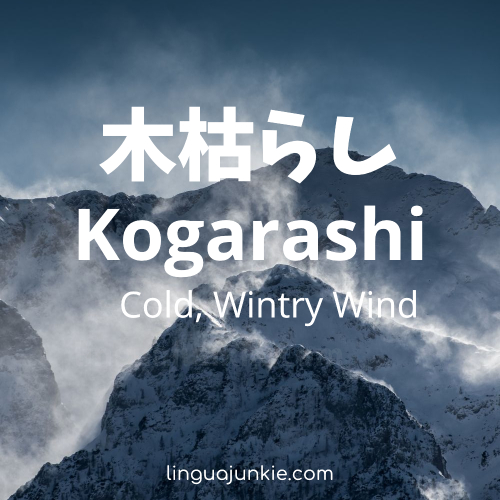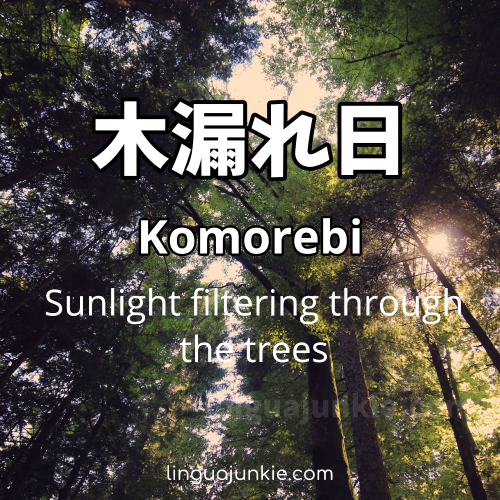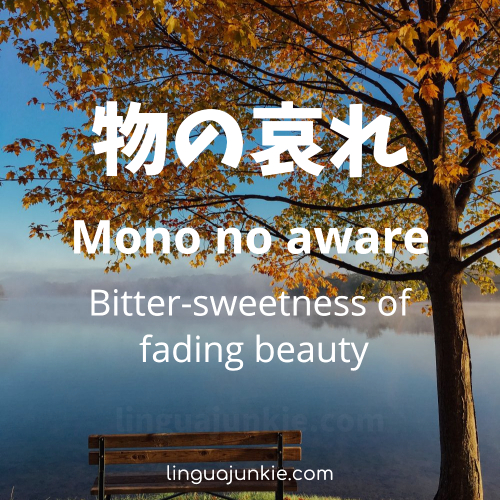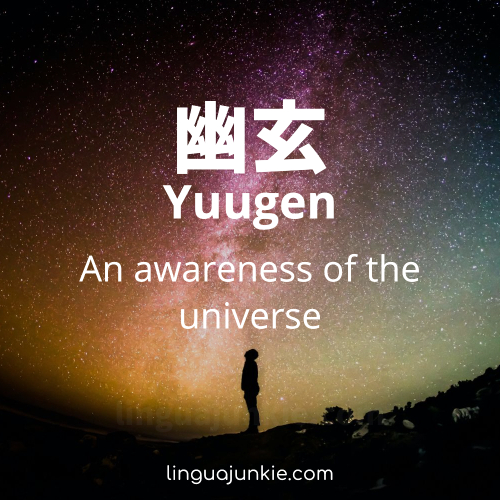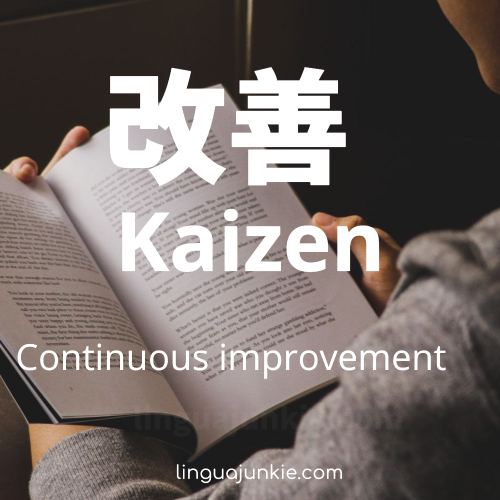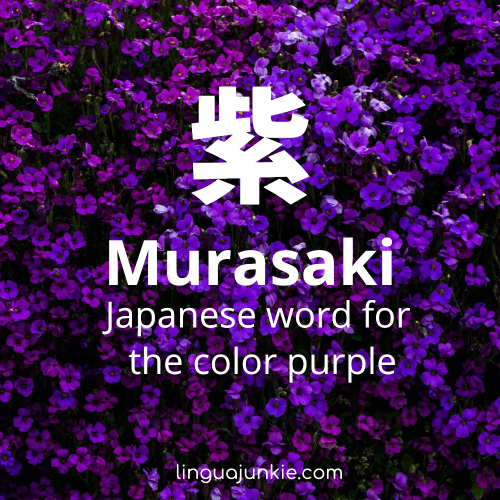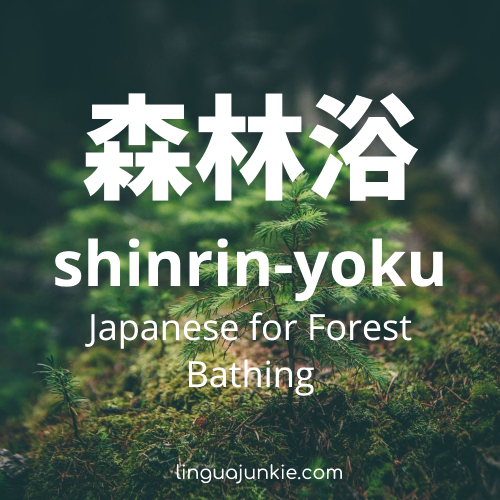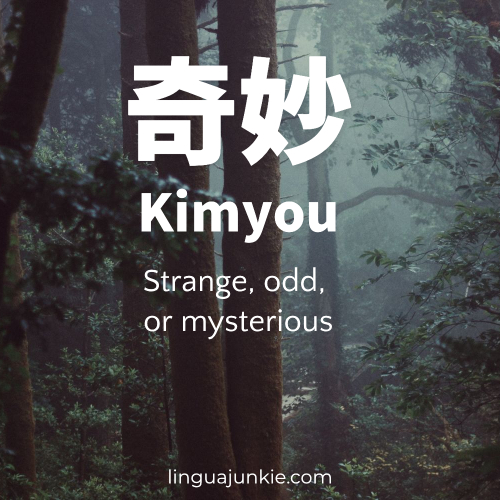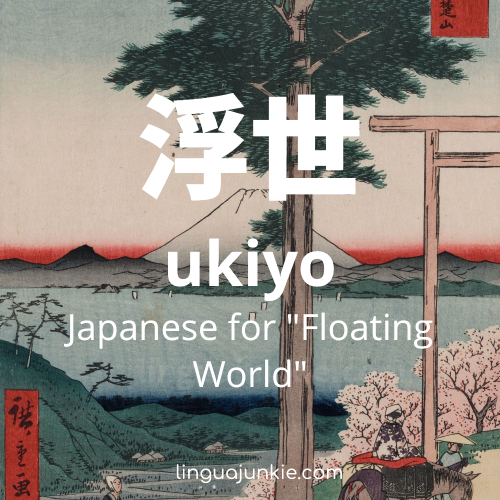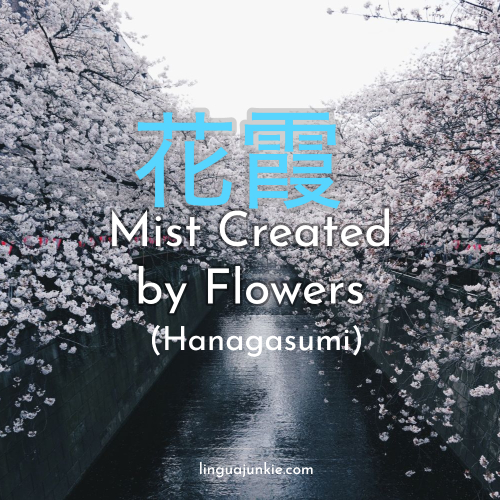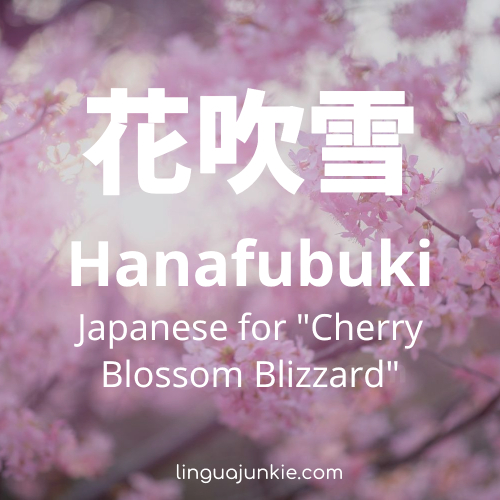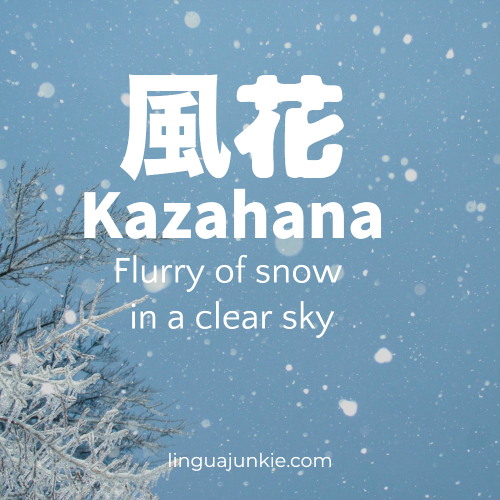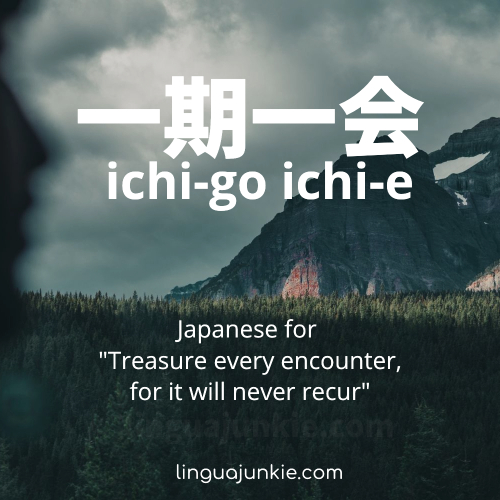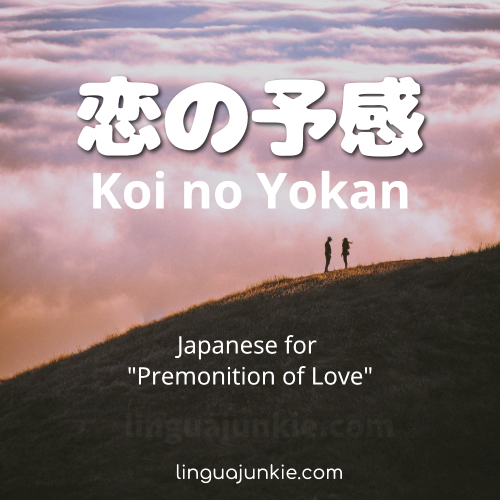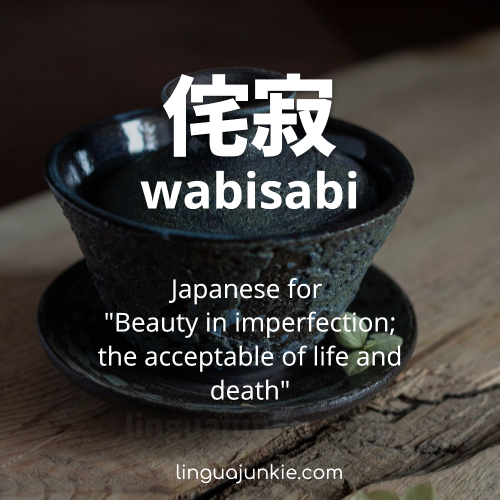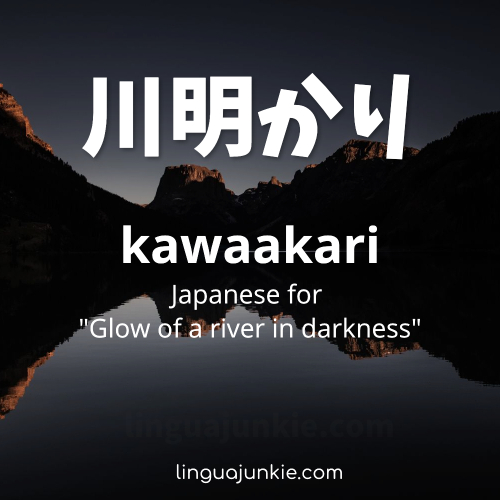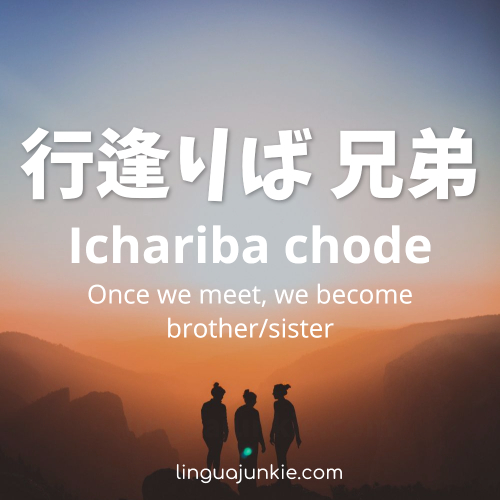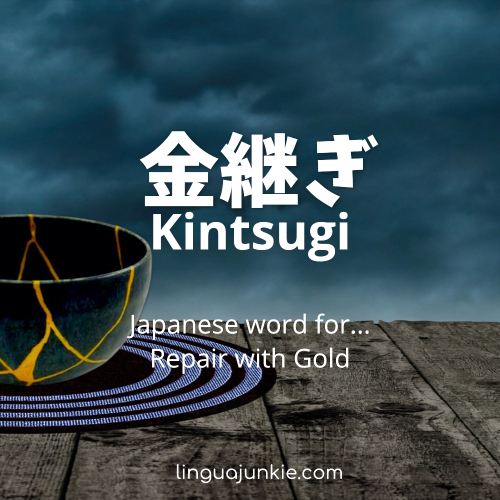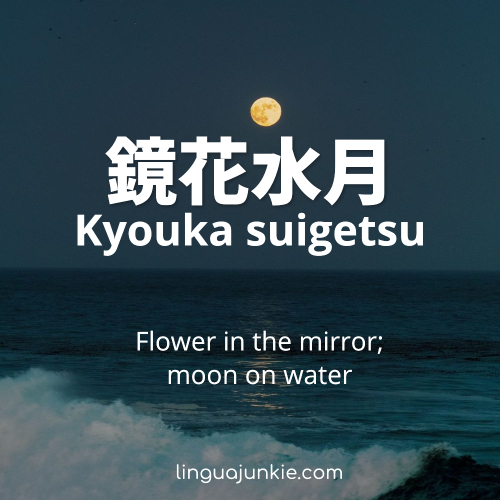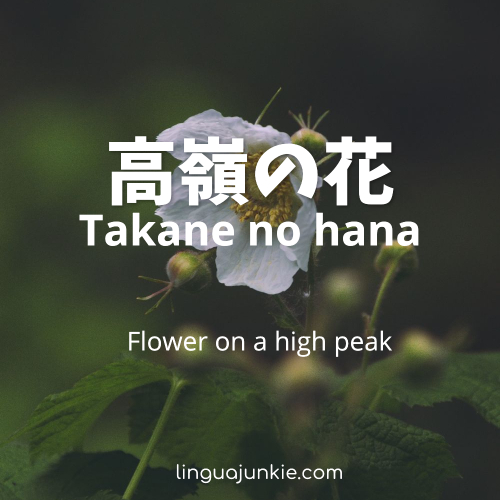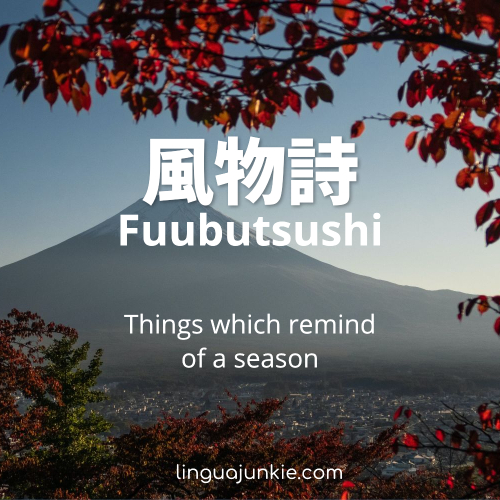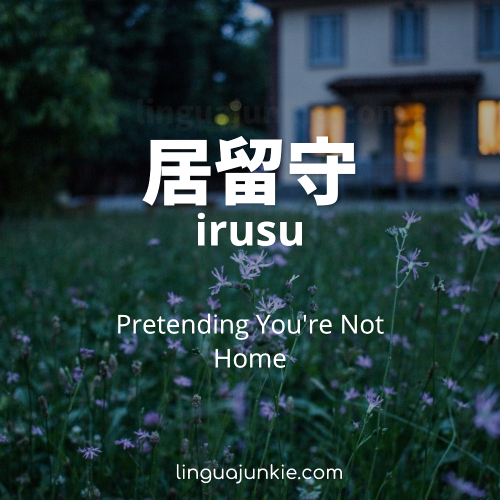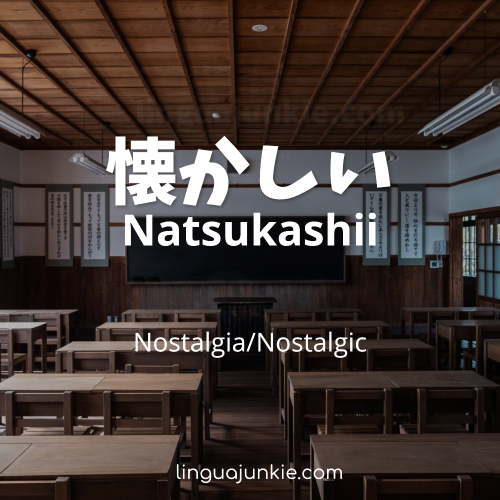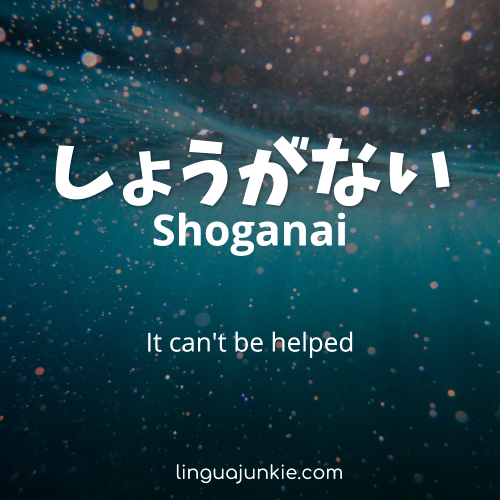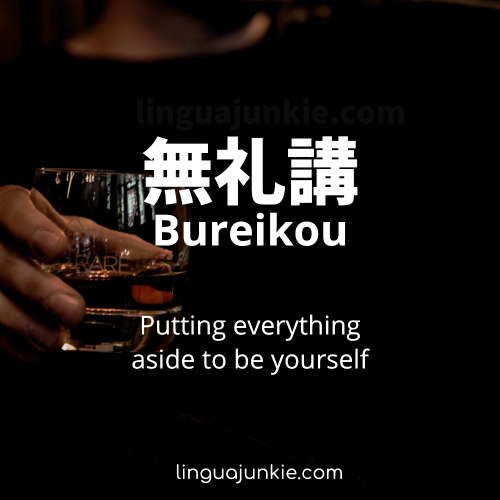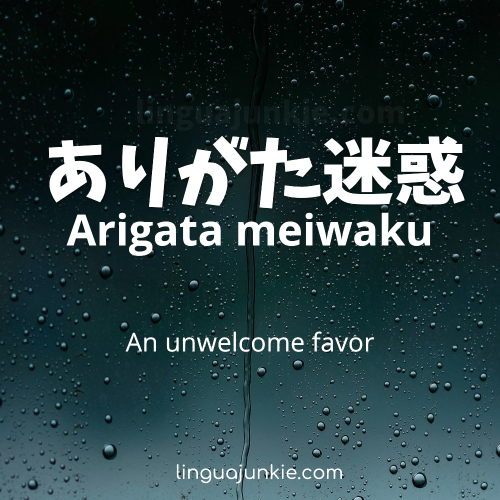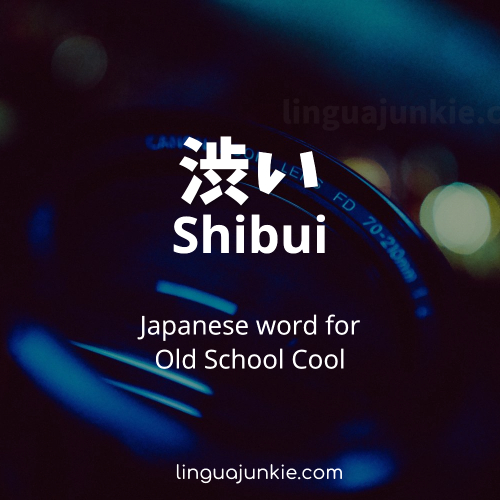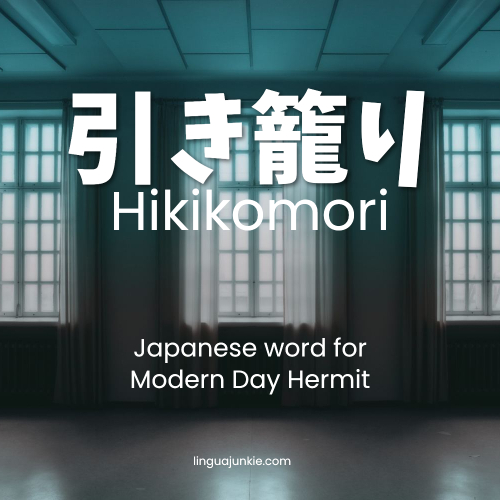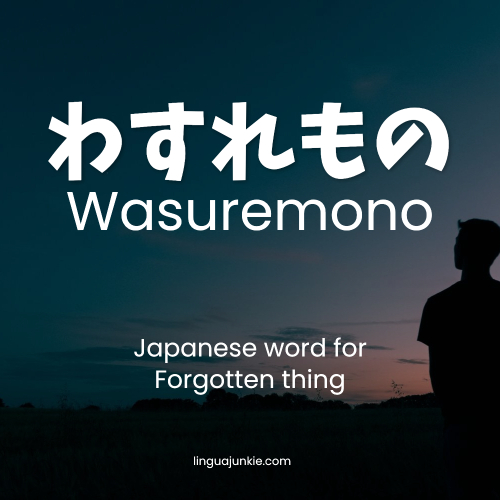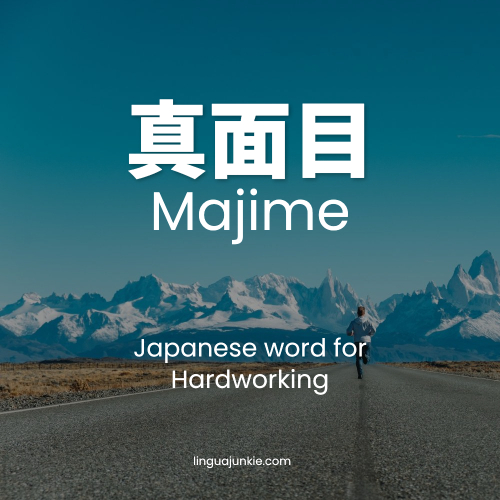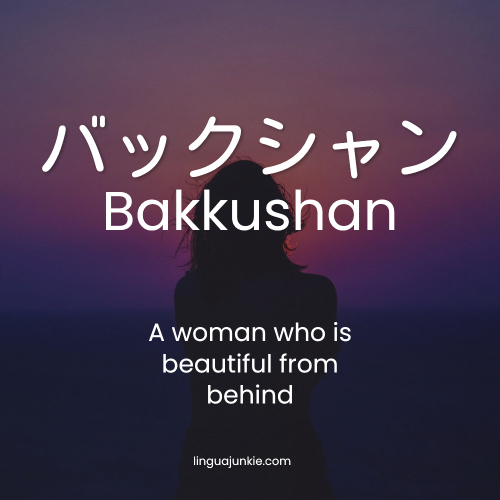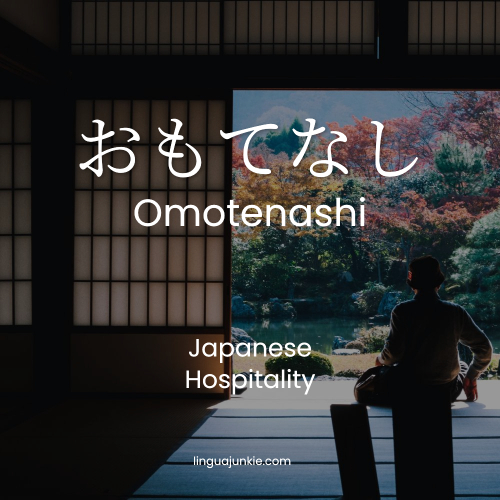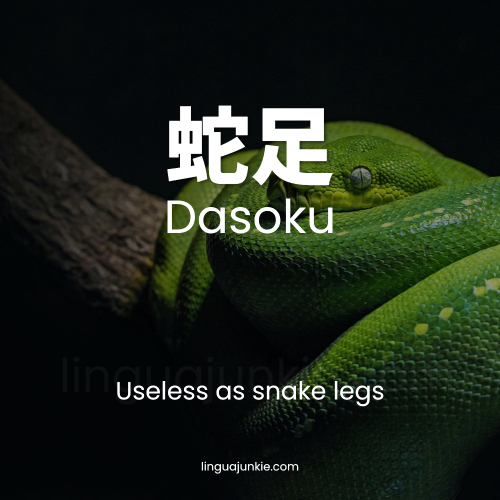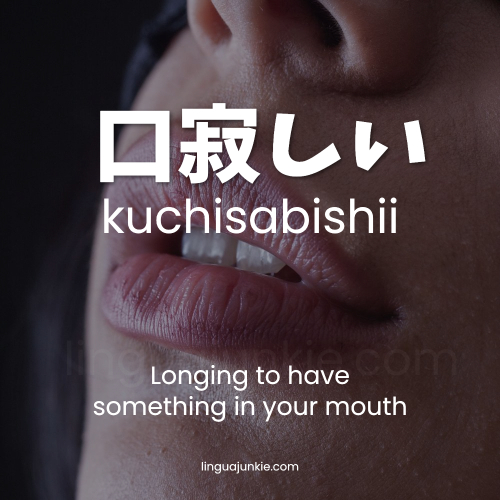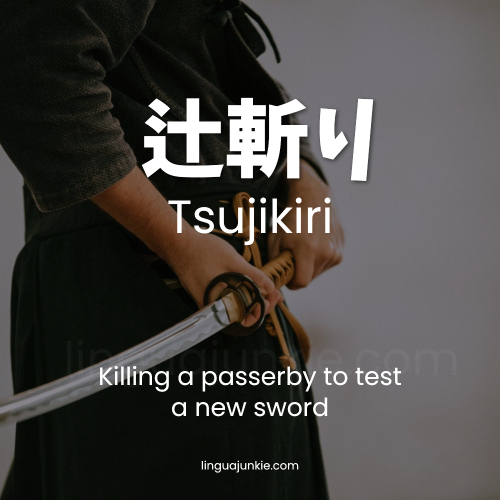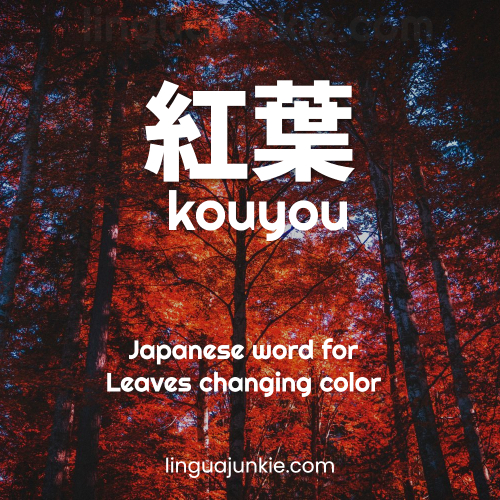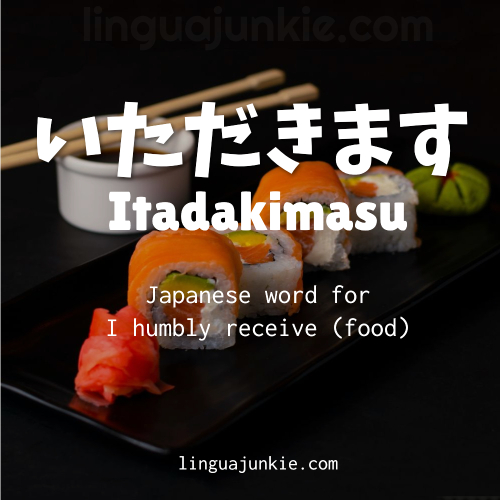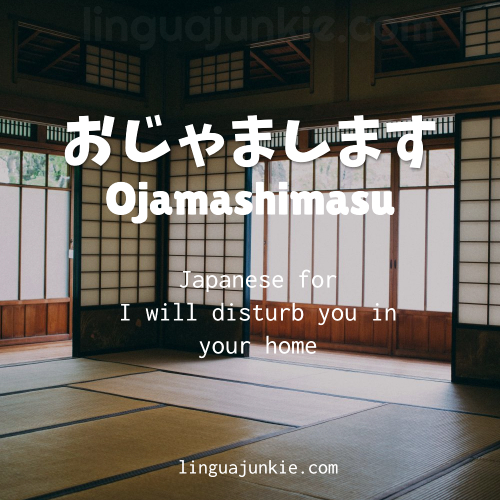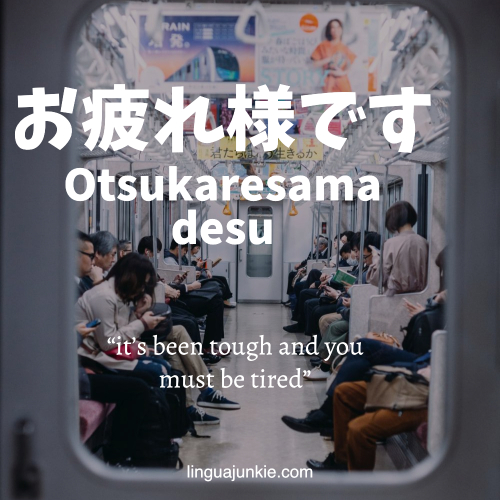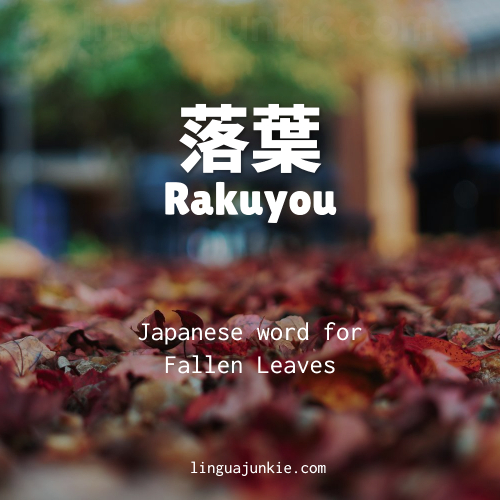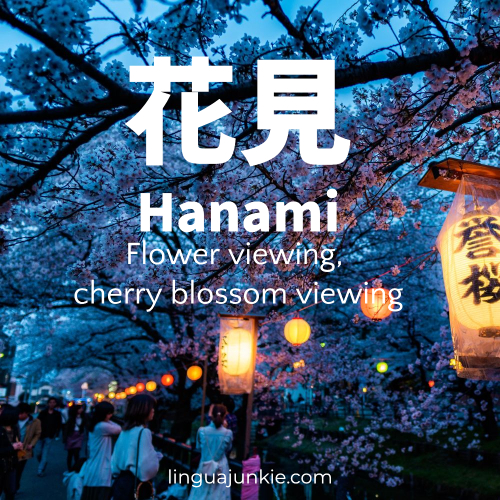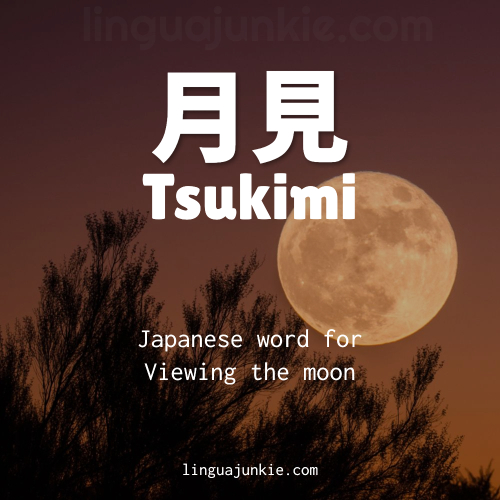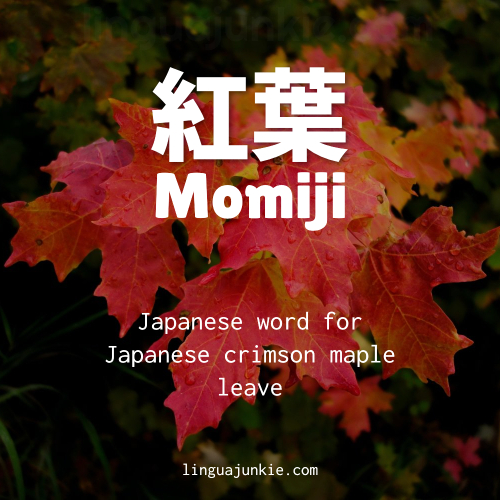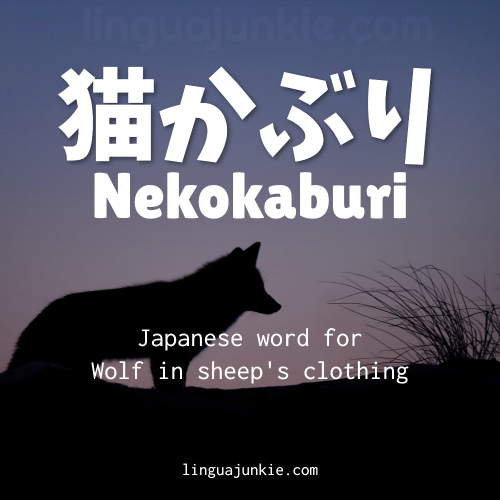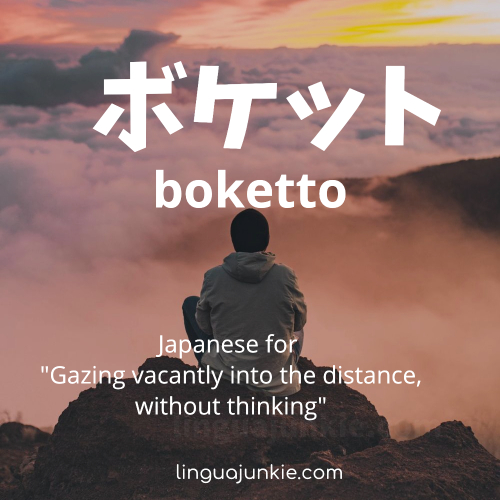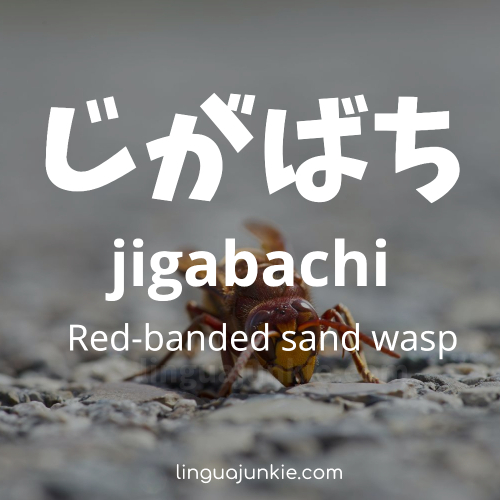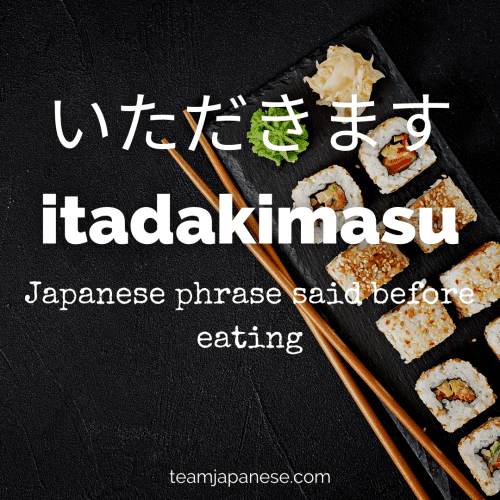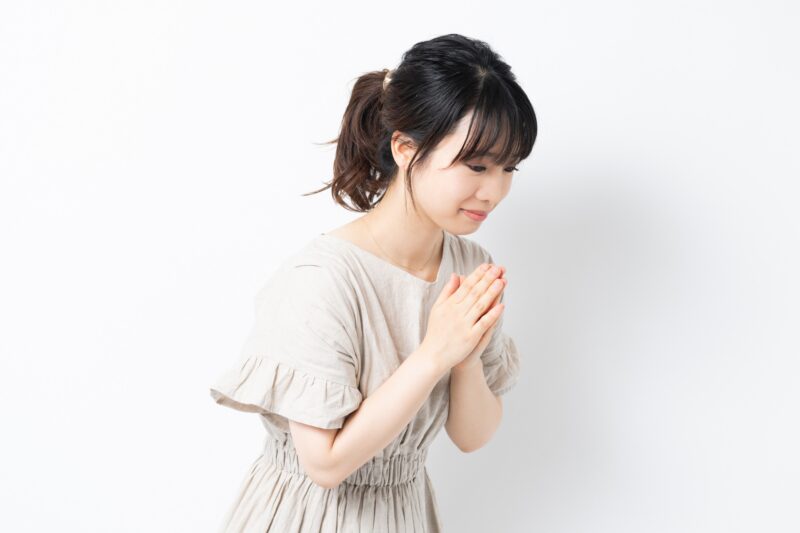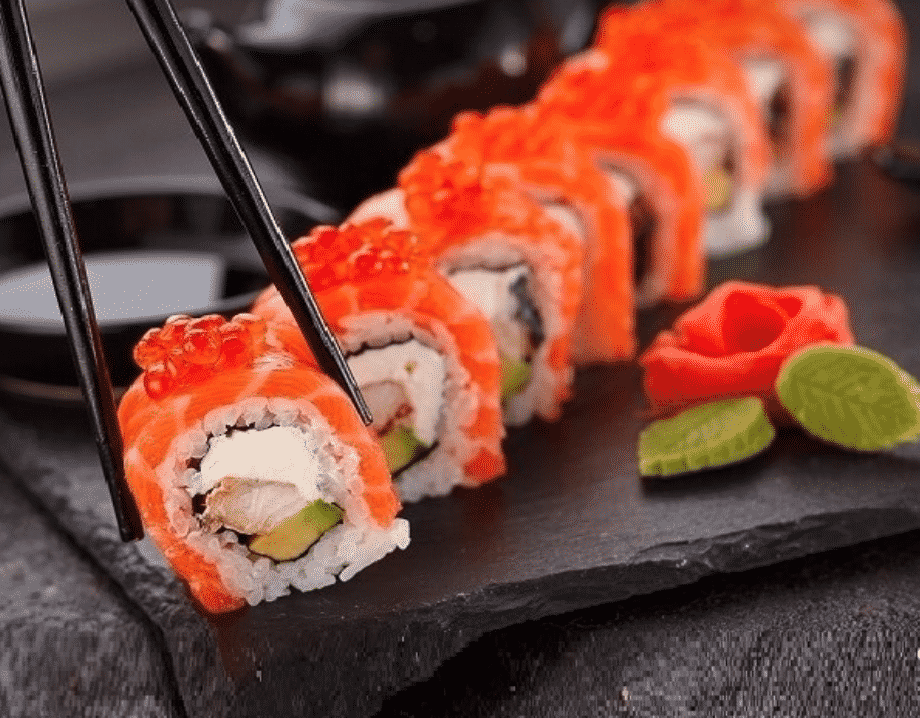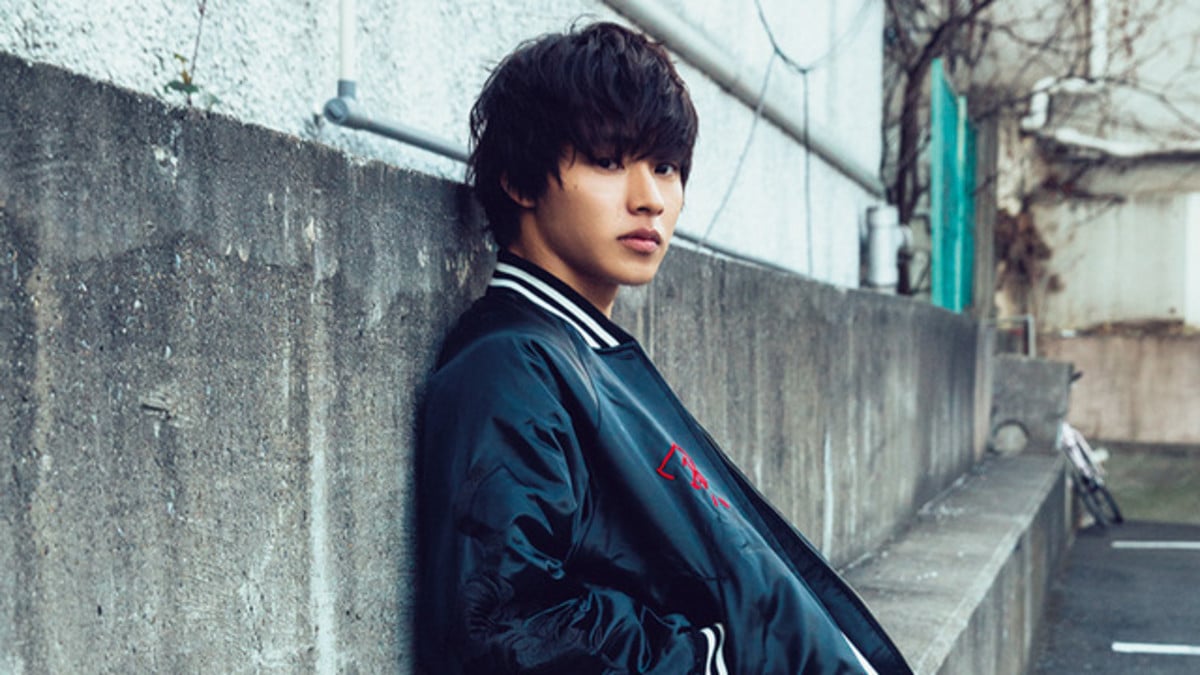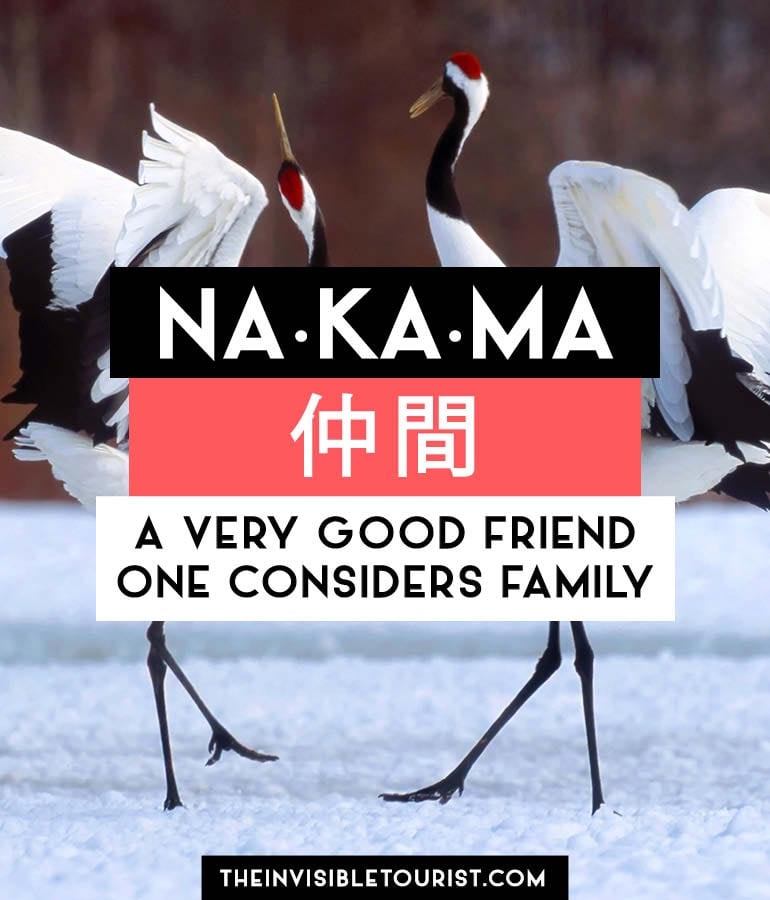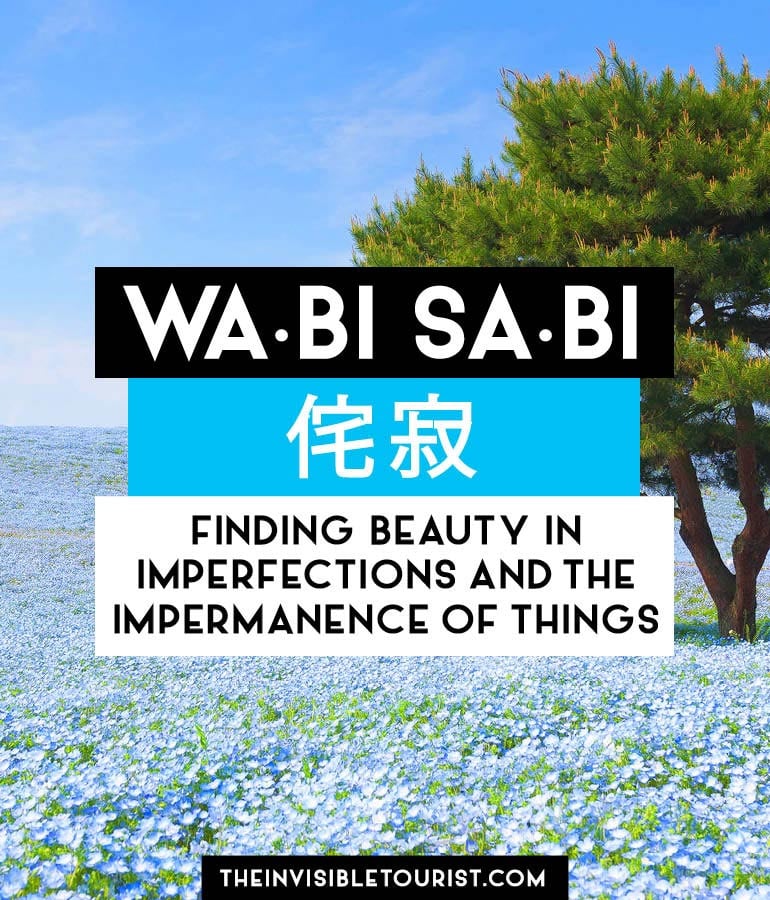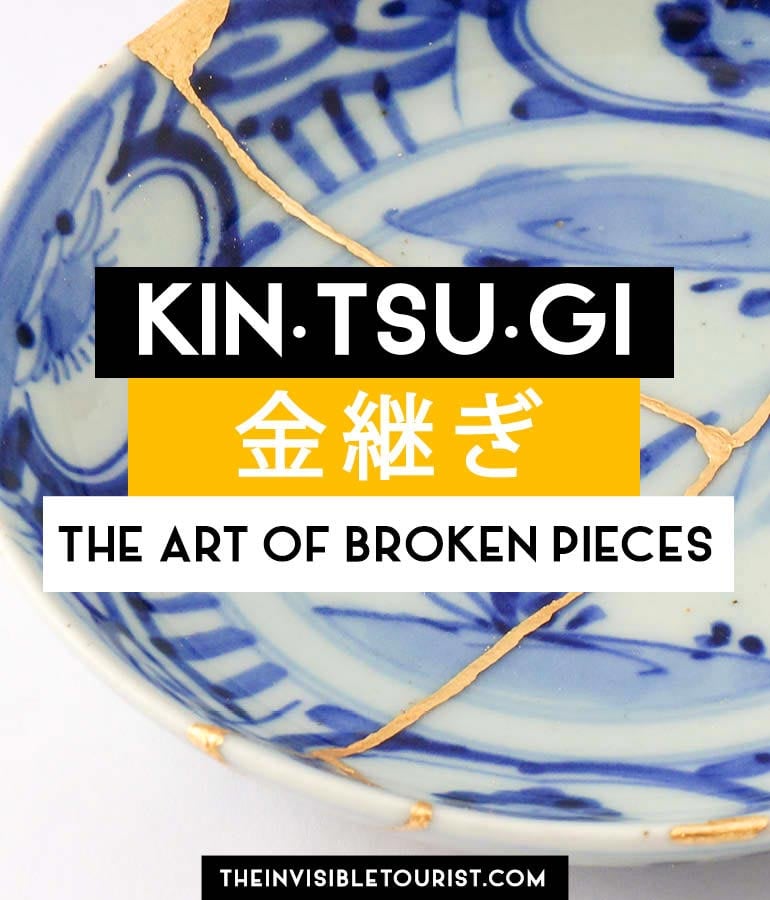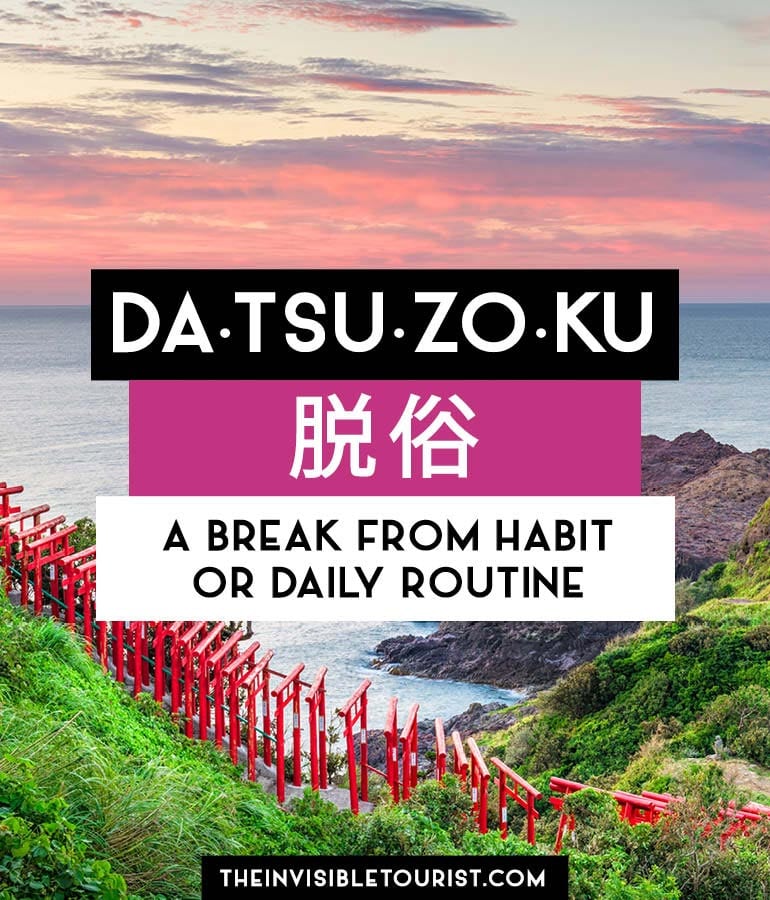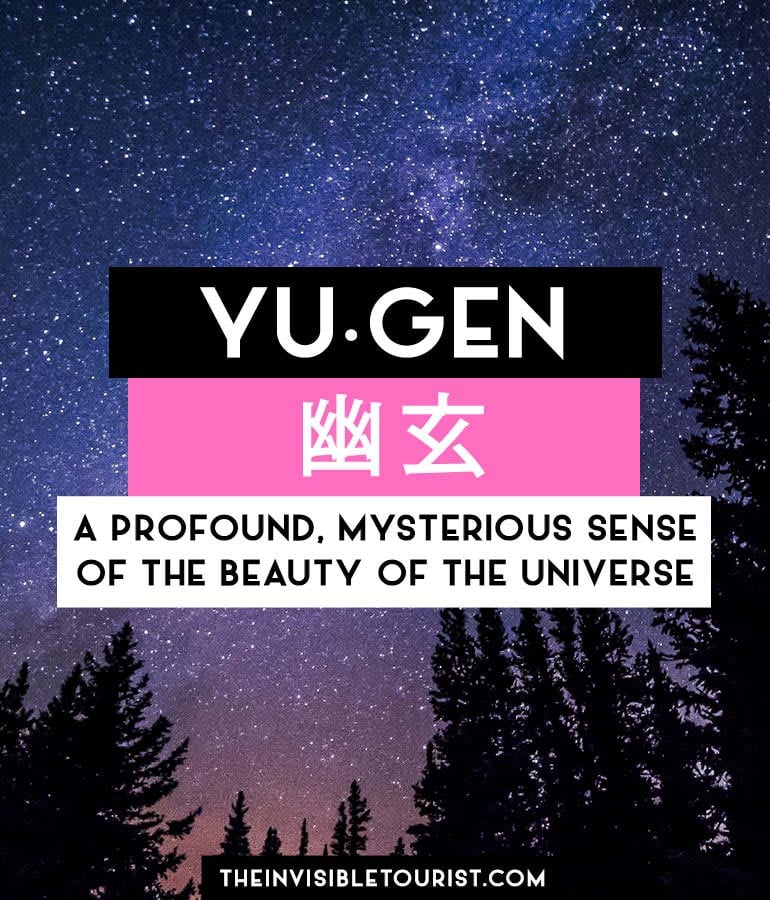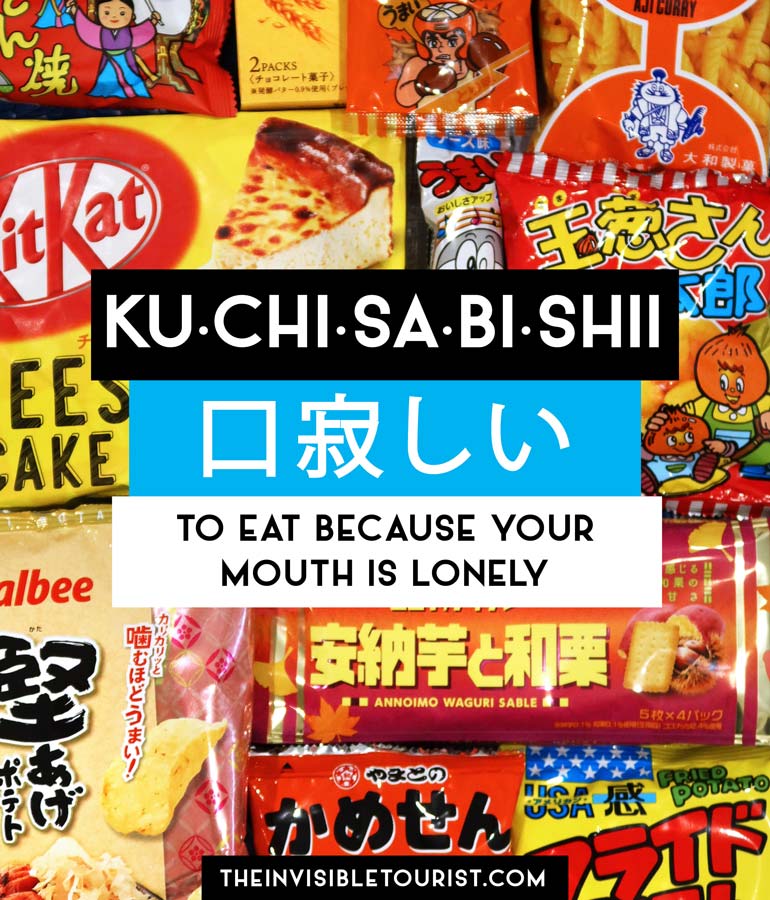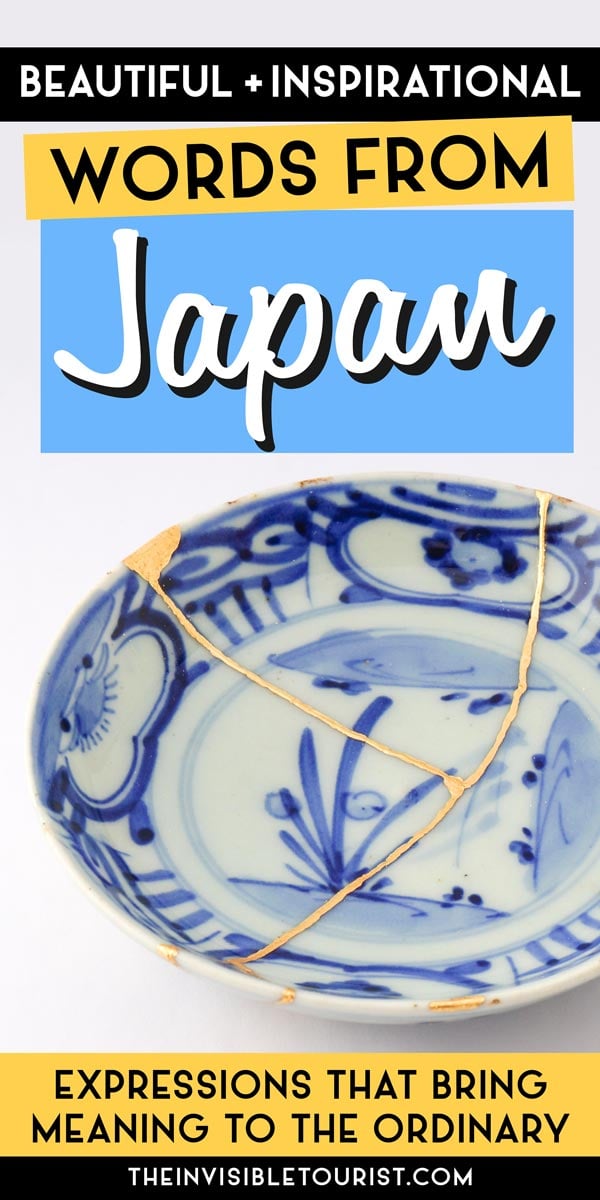What does “By no means are you meant to mean it, you meany” mean in Japanese?
Okay, let me guess what you are thinking now : “what the…”.
What I MEAN is that this tiny 4-letter word has
ridiculous amounts of MEANINGS that Japanese people have to learn.
If you are a native speaker of English, you probably didn’t think of it. But you’ll see.
For mainly intermediate or advanced students 
But beginners can also learn something from this. So just enjoy!
[spacer height=”20px”]
- Meaning – as in “what does this mean?”.
Meaning as a noun – 意味 imi
We have a verb that means “to mean” (意味する imi-suru)
But don’t use this one unless you need to write something super formal.
Usually use this :
Formally
Aはなんという意味ですか。 A wa nan to iu imi desu ka
What does A mean? (nan – lit. What)
Aはどういう意味ですか。 A wa dou iu imi desu ka.
(Dou – lit. How)
AはBという意味です。 A wa B to iu imi desu.
A means B. (lit. Talking about A, it is a meaning of “B”.)
*Do not repeat “A wa~” if it was mentioned in a question. *
例 E.g
「合って(い)る」はなんという意味ですか。
/ 「合って(い)る」はどういう意味ですか。
“atte(i)ru” wa nan to iu imi desu ka
/ “atte(i)ru” wa dou iu imi desu ka.
What does “atte(i)ru” mean?
「正しい」などの意味です。
“tadashii” nado no imi desu.
It means “correct / right” and so on.
*正しい(です) tadashii (desu) is very formal, so when we speak, we rather use
“合っていますよ atte imasu yo (form.) or 合ってるよ atteru yo (inf.)*
Informally
(just change という to iu into て te and get rid of ですか desuka)
A はなんて意味? A wa nan te imi?
A はどういう意味? A wa dou iu imi?
Or even more colloquially and the most common / native way :
Aってどういう意味? A tte dou iu imi?
Or
A ってなに? A tte nani? – What is A?
(more casual than A はなに)
*This is what teachers or textbooks do not tell you 
Just be careful not to use it when you need to talk formally.*
AはBって意味。 A wa B tte imi.
A means B.
例 E.g
「ミスる」はなんて意味? Misu-ru wa nan te imi?
/ 「ミスる」ってどういう意味? Misu-ru tte dou iu imi?
/ 「ミスる」ってなに? Misu-ru tte nani?
– 俗語で、「失敗する」って意味。
Zokugo (slang) de, shippai-suru tte imi.
What does “misu-ru” mean?
– It is a slang word and it means “to fail”.
*ミスる misu-ru comes from the English word “to miss” in a sense of “to fail” like “I missed the ball!”.
「あー、ミスった。」 ah, misutta.
can be translated like “Ah I failed / made a mistake.” or “Ah I shouldn’t have done that.” *
[spacer height=”20px”]
- “What do you mean?”
– as in “What are you trying to say? I don’t get it.”
You will use these when you understand the meaning of the words
but do not understand what they are trying to tell you.
Formally
~とはどういうことですか
~ to wa dou iu KOTO desu ka
(extra と to in the beginning is added compared to “what does ~mean”?)
E.g
仕事を辞めるとはどういうことですか。
Shigoto wo yameru to wa dou iu koto desu ka.
“What do you mean by quitting your job?”
Also as a headline or titles for books, ~とはどういうことか。 can be found a lot.
There is a book called 「学ぶとはどういうことか」 “manabu” to wa dou iu koto ka.
It’s not asking what the word “manabu” literally means,
but what it actually means or what does learning mean to you (us).
Informally
~ってどういうこと
~ tte dou iu koto
E.g
「行けなくなったってどういうこと?!約束したのに!」
Ike-naku-natta tte dou iu koto?! Yakusoku shita noni!
“What do you mean, you can’t go?! You promised!”
「知らないってどういうこと!」
Shir-anai tte dou iu koto!
“What do you mean, you don’t know!”
Like in English, it sounds like you are blaming.
So ” ~と / ~って + どういう + こと” is used
when you basically have no clue and says “What do you mean by that?!”
But if you have a clue and try to make it clear, and want to say
“Do you mean…?” Then get rid of どう dou.
E.g 例
Formally
「仕事をやめるということですか。」
Shigoto wo yameru to iu koto desu ka.
“You mean, you are going to quit your job?”
Informally
「明日行くってこと?」
Ashita iku tte koto?
“You mean, we (you) are going TOMORROW?”
女の人「わたし、妊娠しちゃった。」
男の人「え、俺は父親になるってこと?!」
Onna no hito “watashi, ninshin shi-chatta”
otoko no hito “e, ore wa chichi-oya ni naru tte koto?!”
Woman “I…got pregnant.”
Man “What, you mean, I’m gonna be a dad?!”
These “ということ / ってこと (to iu koto / tte koto)”
can be at the beginning of a sentence as well.
Pay attention that we add は wa in this case.
Formally
上司「明日から来なくていいよ。」
部下「ということは、クビですか・・。」
Joushi “ashita kara konakute ii yo”
Buka “to iu koto wa, kubi desu ka…”
Boss “You don’t have to come from tomorrow.”
His staff (Someone works under a boss)
“So it means ( you mean)…I’m fired…?”
Informally
女の人「わたし、妊娠しちゃった。」
男の人「え、ってことは、俺は父親になるの?!」
Onna no hito “watashi, ninshin shichatta”
otoko no hito “e, tte koto wa, ore wa chichi-oya ni naru no?!”
Woman “I got pregnant.”
Man “What, so you mean (it means) I’m going to be a dad?!”
The word “つまり tsumari” is often used instead of these.
女の人「できちゃったの・・・。」
男の人「え、つまり、妊娠したってこと?!」
Onna no hito “dekichatta no.”
Otoko no hito “e, tsumari, ninshin shita tte koto?!”
Woman “I’ve got …a bun in the oven.”
Man “What, you mean, you got pregnant?!”
[spacer height=”20px”]
- “ehm, I mean, what I’m saying is…” as a filler word.
You use つまり tsumari just like the above sentence 
「えっと・・・いや・・・その・・・つまり・・・」
“etto…iya…sono…tsumari…”
“Ehm… Ahh… You know….I mean…”
haha
[spacer height=”20px”]
- It doesn’t mean that … / It’s not that…
As in “It doesn’t mean that I hate him…”
「彼が嫌いってわけじゃないよ。」
Kare ga kirai tte wake ja nai yo.
= 「彼が嫌いなわけじゃないよ。」
Kare ga kirai NA wake janai yo.
*Remember? Kirai-NA is NA adjective.*
So you use 「~ってわけじゃない ~tte wake janai」
or 「dictionary form* + わけじゃない ~+wake ja nai」
in informal speech.
*dictionary form -> So if it’s NA adjective, leave NA there.
「彼が嫌いというわけではありません。」
Kare ga kirai to iu wake dewa arimasen.
= 「彼が嫌いなわけではありません。」
Kare ga kirai na wake de wa arimasen.
And「~というわけではありません ~to iu wake dewa arimasen」
or 「dictionary form + わけではありません ~+ wake de wa arimasen」
in formal speech.
You can even say
「好きじゃないってわけじゃないけど・・・。」
Suki janai tte wake janai kedo…
“It doesn’t mean that I don’t like him…but…”
Double “janai” : D
You could translate this like “It’s not that ….” as well.
Another translation I’ve experienced was “It’s not exactly ~“.
「彼女が、俺のことをストーカーだと思ってるんだ。ま、まだ彼女ってわけじゃないけど。」
Kanojo ga, ore no koto wo sutookaa da to omotteru n da. Ma, mada kanojo tte wake ja nai kedo.
“My girlfriend thinks that I’m a stalker. Well, she’s not exactly my girlfriend yet.”
For some reason, quite a few Japanese people say this :
「死ぬわけじゃないし。」
Shinu wake ja nai shi.
“It’s not like you are going to die. “
When you are not too sure whether you would try or not.
I’ll leave you to judge if it’s negative or positive in a way.
「めいちゃんにメールしようか、迷ってる・・・」
「すれば?死ぬわけじゃないし。」
Mei chan ni meeru shiyou ka mayotteru…
Sure ba? Shinu wake ja nai shi.
“I cannot make up my mind if I should email Mei-chan…”
“Why not? (Do it.) It’s not like you are going to die (even if it were a wrong decision.)”
Well, I guess it could sound a bit rude or you are not interested depends on your voice tone.
Also this construction is used a lot as well :
~からって、~ってわけじゃない
~kara tte, ~ wake ja nai.
It doesn’t mean that ~, just because ~
「筋トレしたからって、ゴジラに勝てるってわけじゃない。」
Kintore shita kara tte, gojira ni kateru tte wake ja nai.
“It doesn’t mean that you can win over Godzilla just because you worked out.”
[spacer height=”20px”]
- I mean it. As in “I’m serious.”
“I saw an alien last night. I mean it.”

「昨日の晩、宇宙人を見たんだよ。マジで。」
「また嘘ばっかり。」
「マジだよ! /or マジだってば!」
“kinou no ban, uchuu-jin wo mita n da yo. Maji de.”
“Mata uso bakkari.”
“Maji da yo! / Maji da tte ba!”
“I saw an alien last night. I mean it.”
“You are full of it, again.”
“I mean it! / I’m telling you, I mean it!”
This マジで maji de is a very common and casual expression, which means
“Seriously“.
You say “マジで maji de” usually to mean “Seriously”.
But you say “マジだよ maji da yo”, when you want to convince someone.
The same goes for “マジだってば maji da tte ba”.
Maybe people who watch Naruto find this familiar. He says “だってばよ datte ba yo” a lot.
Well, we don’t really say “da tte ba yo” as a phrase like he does, but “~
(da) tte ba” is very common, when you want to emphasize like “I’m telling you!!!”.
「知らないってば!」 Shiranai tte ba!
“GOSH, I’m telling you, I don’t know!”
Instead of マジで, you can use “本気で honki de“, which is less informal.
For example, you can ask someone “Do you mean it?” by saying,
「本気で言ってるの?」 honki de itte-ru no?
Do you mean it? (lit. Are you saying it seriously?”
[spacer height=”20px”]
- I didn’t mean to…
We just simply say “I was not planning to do~“.
So “to plan to do something” in Japanese is :
「~する(or other verb) + つもり」 ~suru (or other verb) + tsumori
E.g 例
「来年、オーストリアに引っ越すつもりです。」
Rainen, oosutoria ni hikkosu tsumori desu.
“Next year, I’m planning to move to Austria.”
So just make the past-negative (じゃなかった ja na-katta) and that’s it!
「~するつもりじゃなかった」
~suru tsumori ja nakatta.
“I didn’t mean to do~“.
「ダイエットしたら、今よりもっとかわいくなるよ^^」
「ひどい!太ってるって言いたいの?傷ついた。」
「ごめん、傷つけるつもりじゃなかった・・・」
“daietto shitara, ima yori motto kawaiKU naru yo^^”
“Hidoi! Futotteru tte ii-tai no? Kizutsuita.”
“Gomen, kizutsukeru tsumori ja nakatta…”
“You’ll be even more cute if you go on diet :)”
“Mean! Do you wanna say that I’m fat? You hurt me (my feelings).”
“Sorry, I didn’t mean to hurt you…”
If you want to say “– didn’t mean IT“, then say,
「そんなつもりじゃなかった」
Sonna tsumori ja nakatta.
So, we say “sonna” in this case 
[spacer height=”20px”]
- You are mean. As in “You are not nice.”
Did you already realize?
I used it in the above example in which a girl said “Are you calling me fat?! You are MEAN!”.
ひどい! Hidoi! – it literally means “Horrible!”
Or you can also say
意地悪! Ijiwaru! – this is a closer feeling to “you are mean“.
This is NA adjective, so don’t forget to leave NA like “意地悪な ijiwaru-NA”
if you want to put it in front of a noun :
「意地悪な人」 ijiwaru-NA hito – a mean person
[spacer height=”20px”]
- I’m meant to do~ ≒ I’m supposed to do ~
In colloquial speech, you can just use the “I need / must” form :
「~しなきゃ ~shi nakya」
which is the same as “しなければならない shi-na kereba nara-nai” form.
Just shorter and more useful 
E.g 例
「お母さんの手伝いしなきゃ。」
Okaasan no tetsudai shinakya.
“I need to (I’m supposed to) help my mum.”
In formal speech,
「~することになっている ~suru koto ni natte iru」
is used.
「明日までに、この課題を終わらせることになっています。」
Ashita mada ni, kono shigoto wo owara-seru koto ni natte imasu.
“I’m meant to finish this task by tomorrow.”
[spacer height=”20px”]
- By no means / By any means
There are several ways to express this, but I’ll list only a few.
Formally / not too causal:
何としてでも nan to shite demo
You may hear this one in a drama or something.
「何としてでも、彼女を助ける!」
Nantoshitedemo, kanojo wo tasukeru!
“I’m going to save her by any means!!”
「どんな手段を使ってでも、勝つ。」
Donna shudan wo tsukatte demo, katsu.
“By any means (Lit. Using any kind of ways / methods), I’m going to win.”
By no means :
Formally :
決して~+ negative kesshite ~ + negative
「決して、忘れないでください。」
Kesshite, wasurenai de kudasai.
“Please do not forget it by any means.”
Informally:
「絶対に忘れないでね。 」
Zettai ni wasure-nai de ne.
絶対に zettai-ni ” absolutely” “surely”.
10. You mean a lot to me = You are very important to me.
So yeah, we use the word “important” = “大切な taisetsu na”.
「あなたは私にとって、とても大切な人。」
Anata wa watashi ni totte, totemo taisetsu na hito.
“You mean a lot to me.” (lit. You are a very important person to (for) me.”
I think you would only hear it in songs or books or maybe super romantic situation…
It’s not as common as in English.
I might even get freaked out if I would get this message aha
11. It means a lot to me. As in “It makes me happy.”
Say うれしい ureshii 
But when you are writing to friends, use Hiragana.
Because it has warmer feeling 
It was very very long. Haha
Anyways, I hope it helped you.
Your comments and support MEAN a lot to me 
コメントもサポートも、もらえたらうれしいです!
Komento mo sapooto mo, moraetara, ureshii desu!
(lit. I would be happy if I get your comments and support.)
じゃ、またね!!
Ja, mata ne!
See you again!
P.S
Does anyone dare to translate this…? ;p
What does “By no means are you meant to mean it, you meany” mean in Japanese?
If you get it right, I’ll be so amazed by your Japanese skill, and
you can consider yourself native or super-ninja-man. Good luck 
These examples may contain rude words based on your search.
These examples may contain colloquial words based on your search.
The word mochizuki has a double meaning in Japanese.
Each of these may have a slightly different meaning in Japanese.
At any rate, I’m sure you get the gist of the word’s meaning in Japanese at this point.
The studio’s name has a double meaning in Japanese: «Tatsu’s child» (Tatsu is a nickname for Tatsuo) and «sea dragon», the inspiration for its seahorse logo.
Название студии имеет двойное значение в японском: одно — «ребёнок Тацу» (Тацу — прозвище Тацуо), а второе — «морской дракон», что послужило основой для лого компании в виде морского конька.
The studio’s name has a double meaning in Japanese: «Tatsu’s child» (Tatsu is a nickname for Tatsuo) and «sea dragon», the inspiration for its seahorse logo.
Название студии имеет двойное значение в японском: одно — «ребёнок Тацу» (Тацу — прозвище Тацуо), а второе — «морской дракон», что послужило основой для лого компании в виде морского конька.
Other results
In addition to kokuji, there are kanji that have been given meanings in Japanese different from their original Chinese meanings.
Walugis’s name has a dual-meaning in Japanese.
However, it is important to remember that 20-30% of the kanji used have different meanings in Japanese and Chinese.
Sanyo — meaning three oceans in Japanese.
It has the same meaning as in Japanese.
Form and Meaning in the Japanese Cinema
The ones sent to space were cultured inside boxes in the station’s Cell Biology Experiment Facility (CBEF), located inside the Japanese Experiment Module (JEM) — also known as Kibo, meaning hope in Japanese.
Червей, отправленных в космос, культивировали в коробках Cell Biology Experiment Facility (CBEF), расположенной внутри японского экспериментального модуля (JEM), также известного как Кибо, что означает «надежда» на японском языке.
Wago (和語) are native Japanese words, meaning those words in Japanese that have been inherited from Old Japanese, rather than being borrowed at some stage.
In our culture there is no word that defines the meaning of what in Japanese culture is called the ikigai.
В нашей культуре нет слова, определяющего значение того, что в японской культуре называется икигай.
Named Kounotori, meaning white stork in Japanese, the craft will deliver six new lithium-ion batteries and corresponding adapter plates that will replace aging nickel-hydrogen batteries for two power channels on the station’s far port truss segment.
Названный Kounotori, что означает «Белый Аист» на японском языке, корабль доставил шесть новых литий-ионных аккумуляторов и соответствующие переходные пластины, которые заменят стареющие никель-водородные аккумуляторы для двух каналов питания на дальнем сегменте левой фермы станции.
‘Aiba’ or ‘Aibar’ are transliterations for a word in Japanese meaning ‘Favorite Horse.’
Hajime, meaning ‘beginning’ in Japanese, showed its first signs of activity in October 2016.
Хаджиме (с японского означает «начало») показал первые признаки своей активности в октябре 2016 года.
It was only available in pearl white (shiro meaning «white» in Japanese).
Maru —meaning «round» in Japanese-is the first successful king penguin hatching for the park in close to a decade.
The company, Mirai, meaning «future» in Japanese, is already working with GE engineers to build «plant factories» in Hong Kong and Russia.
Компания, создавшая эту ферму — Mirai («Мирай» по-японски значит «будущее») — уже работает в сотрудничестве с инженерами «Дженерал Электрик» над тем, чтобы создать «фабрику по выращиванию» в Гонконге и России.
Results: 9085. Exact: 5. Elapsed time: 611 ms.
Documents
Corporate solutions
Conjugation
Synonyms
Grammar Check
Help & about
Word index: 1-300, 301-600, 601-900
Expression index: 1-400, 401-800, 801-1200
Phrase index: 1-400, 401-800, 801-1200
Did you know that in the Japanese language, there are many words with multiple meanings? These words can come across very differently depending on the situation you use them in!
In this blog article, we will be sharing with you 10 Japanese words that have multiple meanings, some of which you might even find very familiar too!
1. はい Hai
はい Hai literally means “yes” in English.
Everywhere you go in Japan, you can hear people saying “はい, はい” (hai, hai) when talking to others. In this case, the other meaning of はい (hai) is “I understand what you are saying” or simply put, being “affirmative”. This links with Aizuchi, which are Japanese conversational interjections, to show active listening. When はい (hai) is used in a conversation, it shows that the listener has attention and interest towards the speaker. Hence, saying はい (hai) does not always necessarily mean that you are agreeing with the other person, but just confirming what they said!
2. 難しい Muzukashii
難しい (Muzukashii) means “difficult” in English.
難しい (Muzukashii) can also be used as a way to refuse someone politely when they ask you to do something. Instead of being straightforward to reject, you can use “難しいですね” to tell the other person ambiguously that you are reluctant.
Sentence Example:
A: 貴社での就職を手伝ってくれませんか? Kishadeno shushoku o tetsudattekuremasenka?
(Could you help me get the job at your company?)
B: 難しいですね.. Muzukashii desune..
(No I can’t..)
3. 結構 Kekkou
When you search up the meaning of 結構 (kekkou), you may find yourself with a few definitions, such as “wonderful; nice”, “enough” and “quite; reasonably”. 結構 (kekkou) can be used in many ways, and the meaning can also vary depending on the tone of your voice!
When you want to describe something as “wonderful; nice”, you can say 結構です (kekkou desu).
Another way to use 結構 (kekkou) is when saying no to someone. For example, when someone offers to pour you a drink, you can say 結構です(kekkou desu), meaning “No, thank you, I’ve had enough”.
One other common way to use 結構 (kekkou) is “quite” or “reasonably”. If you want to say that something was quite fun, you can say 結構楽しかった (kekkou tanoshikatta).
4. どうも Doumo
どうも (Doumo) is a versatile word that can be used in many ways. It can be used to stress your feelings, whether it is for appreciating or apologizing.
どうも (doumo) can be used as an informal way of saying “hello”, “goodbye”, “thank you”, “sorry” and “very”.
Sentence Examples:
1) To use as “hello” or “goodbye” or “glad to meet you”: どうも Doumo
2) To use as “thank you”: どうもありがとう。 Doumo arigato.
3) To use as “sorry”: どうもすみません。 Doumo sumimasen.
5. ちょっと Chotto
ちょっと (Chotto) is one of the most useful words in the Japanese language that has a wide range of meanings.
ちょっと (Chotto) literally means “a little” in English. It can also mean “a while; a moment” and “rather; pretty”. You can use ちょっと (Chotto) in a situation when something is not easy for you and you want to say no in an ambiguous way.
Sentence Examples:
ちょっとだけ日本語が話せる。Chotto dake nihongoga hanaseru.
(I speak Japanese a little.)
ちょっと待って下さい!Chotto matte kudasai!
(Please wait for a moment!)
昨日のテストちょっと難しかったよ。Kinou no tesuto chotto muzukashikattayo.
(Yesterday’s test was rather difficult)
A: 昼ご飯を一緒に食べませんか?Hirugohan o isshoni tabemasenka?
(Do you want to eat lunch together?)
B: 用事があるので、ちょっと。。。Youji ga aru node, chotto…
(I have some things to do so…)
6. やばい Yabai
やばい (Yabai) originally means “dangerous” and is used to mean “Look out!” or “Heads up!”. Now, やばい (Yabai) is more commonly known as a slang word that is used for just about anything, positive or negative. It can mean ‘Shoot!’ or ’super’ when describing something.
Sentence Examples:
この携帯電話やばい高いよね?Kono keitai denwa yabai takai yone?
(This mobile phone is super expensive, don’t you think so?)
やばい!バスにのりお売れる!Yabai! Basuni noriokureru!
(Shoot! I’m going to miss the bus!)
7. 甘い Amai
甘い (Amai) means “sweet” in English and is used to describe food. Another meaning of 甘い (Amai) is “naive”, which you can use to describe a person!
8. しろ Shiro
しろ (Shiro) means “white” in English.
You can also use しろ (Shiro) to describe someone who is “pure” or “innocent”.
9. くろ Kuro
くろ (Kuro) means “black” in English and can also be used to describe a “guilty” person.
10. そば Soba
そば (Soba) is often known as the noodle “soba”, but it also means “nearby”!
Start taking Japanese lessons and learn the meaning of more Japanese words at Coto Academy!
Hi!
Beautiful in Japanese is 美しい (utsukushii) and beauty is 美しさ (utsukushisa).
But, if you want know some beautiful Japanese words, you’re in luck.
The language is full of words and phrases that are not immediately translatable into English. Aesthetic Japanese words that don’t have an English counterpart and require explanation.
In this guide, you’ll learn 55+ beautiful words and phrases. So, let’s jump in.
1. 木枯らし Cold, Wintry Wind
- Pronunciation:
- Kogarashi
“Kogarashi” is a chilly, cold, wintry wind. It lets you know of the arrival of winter. You know, the kind that sends the shivers down your spine and gives you goosebumps.
2. 木漏れ日 Sunlight filtering through the trees
- Pronunciation:
- Komorebi
When sunlight filters through the tree leaves and produces rays. You know that 木 stands for tree, 漏れ/もれ means leakage and the 日 kanji stands for the sun. So, tree leakage (of the) sun.
3. 物の哀れ Bitter-sweetness of fading beauty
- Pronunciation:
- Mono no aware
物/Mono means “thing.” And, “aware” looks like the English word, but it doesn’t have the same meaning or pronunciation. It means pity, sorrow or grief. So this refers to the “bittersweetness of fading beauty” – the acknowledged but appreciated, sad transience of things. Kind of like the last day of summer or the cherry blossoms – which don’t last long.
4. 幽玄 An awareness of the universe
- Pronunciation:
- Yuugen
Literally it means “subtle grace” or “mysterious profundity.” This word has different meanings depending on context. But most of the time, it refers to a profound awareness of the nature of the universe – the oneness of all things – to the point where it affects you emotionally.
Sound vague and odd? Well, don’t worry. To settle your mind, this word is not translatable and has no English equivalent… so if you’re confused, it’s okay.
5. 和 Harmony
- Pronunciation:
- Wa
This word means peace or harmony. It implies the importance to of avoiding conflict – so as to maintain the (Wa) harmony. And it refers to Japan and the Japanese way itself.
6. 改善 Continuous improvement
- Pronunciation:
- Kaizen
Literally, it means change for better. Whether one time or continuously – this is not implied or intended. It’s not until later that it become continuous improvement by the Japanese business world. Toyota kicked it off.
So, now, it’s just a word (used by businesses) to describe the process of “always improving” and getting better.
7. 紫 Purple
- Pronunciation:
- Murasaki
Yes, the color purple. Why did it make the list of beautiful Japanese words?
Simply because of how it sounds to the ear. Say it with me – murasaki! Okay, there’s more. Back in the old, old days– say around the year 1400 – this color was the color of the upper class and only high level officials and Imperial family could wear it. So, this color is a pretty big deal and a pretty beautiful Japanese word, in my opinion.
8. 森林浴 Forest Bathing
- Pronunciation:
- shinrin-yoku
So, 森林/shinrin means forest and 浴/yoku stands for bathing. And this refers to being immersed in a forest or talking a walk through the woods. It’s something to do to relax, reduce your stress and improve your health.
And studies confirm that this indeed lowers blood pressure and cortisol.
9. 奇妙 Strange, odd, or mysterious
- Pronunciation:
- Kimyou
This is a word that can describe things that are strange or odd. For example, if you suddenly received an anonymous letter, you could use “kimyou.” It can also be used to describe creepy locations like forests, cemeteries, or houses.
10. 浮世 Floating World
- Pronunciation:
- ukiyo
Now, this isn’t a recent term and you won’t hear it much. It’s rooted in Japan’s history. It literally does mean “浮 – float” and “世 – world/society.” Although it can also be interpreted as “transient world” or “fleeting life.” Basically, this word was used to describe Japanese life-style in Edo-period Japan, where normal people escaped the pressures of the samurai state to entertainment/pleasure districts (whether theater, tea-houses, etc.).
You won’t hear it much in everyday life.
11. 花霞 Flower Mist
- Pronunciation
- Hanagasumi
“Hana” means flower and “gasumi.” What this word refers to is the image of Cherry Blossom trees where the white petals make it look like you’re seeing a mist or haze of white.
12. 花吹雪 Cherry Blossom Blizzard
- Pronunciation:
- Hanafubuki
花 (Hana) means flower, petal (or cherry blossom) and 吹雪 (fubuki) means blizzard or snowstorm. However, this typically refers to Cherry Blossoms (Sakura) and how their petals come floating down, slowly, en-mass, as if a snow storm or blizzard.
Here’s a sexy example – if it moves you, you can say you felt “yugen” or that it’s “mono no aware.”
13. 風花 Flurry of Snow in a Clear Sky
- Pronunciation:
- Kazahana
If you go by the kanji, the first one stands for wind and the other one is for flowers. Except, this word is used to describe snow flurries in the wind. Why the flower comparison though? Well, because it’s kind of like petals in the wind.
14. 生き甲斐 Reason for Being
- Pronunciation:
- ikigai
As the Japanese say, everyone has an ikigai. It’s what gets you up in the morning. It’s what moves you. What makes your life worthwhile. Work. Hobbies. Goals. Taking care of kids. Learning Japanese. It’s probably why I’m writing this at 3:17AM on a Saturday morning! Knowing your ikigai might require a lot of introspection and search. Now, let’s break it down:
- 生き – Iki – Meaning: living or being alive
- 甲斐 – kai (though it’s changed to gai) – meaning: worth or use
What’s your “ikigai?” Leave a comment.
15. 一期一会 Treasure every encounter, for it will never recur
- Pronunciation:
- ichi-go ichi-e
This is actually a Japanese proverb; a Zen Buddhist one.
Literally, it means – one time, one meeting. Usually, it’s translated as “one chance in a lifetime.” But the BEST translation is: Treasure every encounter, for it will never recur. So, that meeting you had with a friend or someone… that EXACT moment and everything that happened will never, ever happen again in this life. It was one of a kind and hence it’s worth treasuring.
Next on the list of beautiful Japanese words…
16. 恋の予感 Premonition of Love
- Pronunciation:
- Koi no Yokan
This is sort of like love at first sight but not really. There’s more. It’s not a sappy, head-over-heels, heart-pounding, butterflies-in-stomach “love.” It’s a sense you get when first meeting a person – that it’s INEVITABLE that you are going to be in love in the future. Even if you feel no love right now.
- 恋 – koi – love
- 予感 – yokan – premonition
17. 侘寂 Beauty in imperfection; the accepting of life and death
- wabisabi
Wabisabi describes a way of looking at the world. It’s about accepting the transcience and imperfection of things. And thus, for the time we have left, seeing beauty in the things around us. For example, take a rough, cracked, asymmetrical, simple piece of pottery – seeing beauty in that is wabisabi.
This would be a hard concept to accept for people that like new, shiny and perfect things.
18. 川明かり Glow of a river in darkness
- Pronunciation:
- kawaakari
It can be the reflection of the moonlight on the river. Or, it can be the gleam of light on the river during dusk. Here, 川/kawa means river and 明かり/akari means light.
19. 行逢りば 兄弟 Once we meet, we become brother/sister
- Pronunciation:
- Ichariba chode
This is the spirit of hospitality and friendliness to strangers.
And more importantly, you go from strangers to brothers or sisters. That kind of hospitality!
20. 金継ぎ Repair with Gold
- Pronunciation:
- Kintsugi
Also known as kintsukuroi. This is the art of repairing pottery with gold or silver and making something broken beautiful – usually pottery. This is an example of wabisabi where something imperfect is still beautiful!
So with kintsugi, the big point is… you can take something imperfect or broken, and make it EVEN more beautiful than ever.
21. 鏡花水月 Flower in the mirror; moon on water
- Pronunciation:
- Kyouka suigetsu
Both, a flower in the mirror and a moon’s reflection on water can’t be touched. So this Japanese phrase refers to something that’s visible but can’t be touched. Something you can feel (for example, beauty or an emotion) but can’t describe in words.
22. 高嶺の花 Flower on a high peak
- Pronunciation:
- Takane no hana
Literally, this means 高嶺/high peak and 花/flower. What it TRULY means is a “goal that’s unattainable.” Something beyond your reach, like a flower!
23. 風物詩 Things which remind of a season
- Pronunciation:
- Fuubutsushi
So, anything – feelings, scents, images – that bring memories, thoughts or anticipation of a particular season. Kind of like when you smell that crisp/burning-like scent in the air, long before snow starts falling, and you know winter is coming. The Japanese love their seasons so there are different foods, different fruit (that are grown) products and decorations for different seasons.
24. 積ん読 Buying/Piling Up Books without Reading
- Pronunciation:
- Tsundoku
You know how you add too many shows and movies to your Netflix queue without watching? Or buy too many vegetables that you never eat? The Japanese have a word for this, except with books. Any book lover knows this. They have books they want to read. They want some other books. And with the overwhelm, they don’t get around to any and let them pile up.
Tsundoku is a combination of the verb 積む (tsumu – to pile up), and 読 (doku – reading.)
This is one of the beautiful Japanese words that I can relate with.
25. 居留守 Pretending You’re Not Home
- Pronunciation:
- irusu
This word is used to describe you when you flake out on the person at your doorstep. They ring the doorbell. *Ding-dong.* And you, suddenly grow very, very quiet, turn off the lights and hope they go away.
This word is a noun and literally means “pretending to be out.”
26. 懐かしい Nostalgia/Nostalgic
- Pronunciation:
- Natsukashii
Literally, this word means “nostalgic” and is an adjective. But, this carries a lot more meaning and emotion to the Japanese. People don’t normally blurt out “oh, how nostalgic” in English, because no-one likes nostalgia. It’s seen as negative. For the Japanese, it’s something that brings back memories and warms the heart.
27. 食い倒れ Eating Yourself Into Bankruptcy
- Pronunciation:
- Kuidaore
Let’s break the phrase apart. Kui (食い) means to eat and 倒れ (daore) is a bad debt or collapse. It also comes from the verb 倒れる (daoreru) which means to go bankrupt. How is the word used? It applies to foodies and people that love going out to eat.
28. しょうがない It can’t be helped
- Pronunciation:
- Shoganai
This is a very common and a very Japanese expression. When is it used? People use it as “I can’t do anything about it. I give up.” So, it’s used when things are out of your control (and sometimes when you just don’t want to try hard.)
As much as is this an interesting Japanese phrase, it’s also disliked by others due to the overall “I won’t even try” spirit it carries.
29. 無礼講 Putting everything aside to be yourself
- Pronunciation:
- Bureikou
Interestingly, this word sounds like “break.” And indeed, it is a break. This word represents a situation where you can speak freely, act freely and most importantly, enjoy yourself without worrying about your social status, relation to others, pressure or authority.
This happens at Japanese company drink-outings where the workers and their bosses get drunk and honest with each other.
30. ありがた迷惑 An unwelcome favor
- Pronunciation:
- Arigata meiwaku
Politeness and maintaining harmony is important in Japan. So, when someone does something nice. for someone else… Japanese people are compelled to return the favor. Even if they didn’t ask for the nice thing. This phrase captures that mix of needing to repay the favor as well as the annoyance of having to do it.
31. 渋い Old School Cool
- Pronunciation:
- Shibui
This is a cool Japanese word to know. And by old school cool, we mean old school cool like Frank Sinatra, Al Capone, old-time cars/cameras and so on. However, this can also have a negative connotation; “stuff only old people like.”
32. 微妙 “Delicate, subtle, fine or …Eh”
- Pronunciation:
- bimyou
Bimyou is quite a versatile word. And despite it being one of the chosen beautiful Japanese words, you also should learn it. It’s used in daily life. There are many uses. It can be used to talk about “subtlety” like a subtle change or “eh” if you want to comment on something’s quality. In other words, it’s “eh” or not so good.
Given this word’s vagueness, it’s also used as a way to say no or be vague about things. “Hey girl, Can I see you tomorrow?” “Well, it’s a bimyou…”
33. 引き籠り Modern Day Hermit
- Pronunciation:
- Hikikomori
This is a word used to describe someone that’s a recluse and stays in. Beautiful Japanese words aside, it’s quite an issue in Japan. This word refers to adults or adolescents who have willingly pulled out of social life, interaction and live in extreme isolation. No friends. No contacts. The Japanese Ministry of Health designates this word for anyone that hasn’t left their home in over 6 months.
34. わすれもの Forgotten thing
- Pronunciation:
- Wasuremono
Let’s break this word in half. “Wasure” means “forget” and “mono” means thing. So, it literally represents items that are forgotten and list
35. 真面目 Hardworking
- Pronunciation:
- Majime
Anywhere else, if you call someone diligent, hardworking and dedicated to a goal, there’s a negative flipside to it. They’re seen as party poopers that won’t have any fun. In Japan, “Majime” carries positive meaning.
36. よいしょ! Let’s do this!
- Pronunciation:
- Yoisho!
I wouldn’t call this a beautiful word…
This word is more of a “kakegoe” or saying of encouragement to yourself or others. In fact, it’s like an interjection than anything. Kind of like.. “Alright…” “Well…” “Let’s do this” and such… depending on the context.
Kind of sounds like “yoshhh.”
Why’s it on the list? Well, it’s kind of not immediately translatable and needs explanation.
You’ll often hear Japanese people say it to themselves before they start work. You will also hear it when people plop down into a chair or couch after coming home from work. Mostly, it’s said before or just as something is about to be done — before you lift something heavy or as you sit down after a long day. It varies.
37. バックシャン A woman who is beautiful from behind
- Bakkushan
This is one of the most interesting “beautiful Japanese words” here. It’s a combination of 2 words. First, the English word “back.” Second, the German word, “schön,” which means beautiful. So, beautiful from the back.
38. おもてなし Japanese Hospitality
- Pronunciation:
- Omotenashi
This word goes above just hospitality. It carries a sense of selflessness obligation to the customer without expecting anything in return. You can see examples of this when store staff bow to you upon entry. Or, when restaurant staff cheerfully yell “welcome.” It’s even as subtle as a toothpick automatically provided inside your pair of chopsticks. Careful thoughtfulness, eh?
39. 蛇足 Useless as snake legs
- Pronunciation:
- dasoku
So, the word means useless. Where do the snake and legs come from? The first character, 蛇, represents snake and the second one, 足, is legs. When you want to say something is useless or redundant, use this.
40. 口寂しい Longing to have something in your mouth
- Pronunciation:
- kuchisabishii
Literally, this means “mouth lonely.” And this is in regards to food. So, this is when you eat when you’re not hungry but because you have nothing better to do.
41. 辻斬り Killing a passerby to test a new sword
- Pronunciation:
- Tsujikiri
If you’re thinking that this has to be a samurai sword word, you’re right. When one buys a new car, they take it for a drive. Bed? They take it for a nap. And a sword? Well, you do what swords are designed to do. If you were a samurai back in the day, where else would you find another person? While passing them by on the street!
So, tsuji means street or crossroad and the second part, kiri, is to slice or kill.
Definitely one of the more “fun” beautiful Japanese words here.
42. 紅葉 Leaves changing color
- Pronunciation:
- kouyou
The first character means “crimson” or “red” and the second one means “leaves.” But, in general, this term is known as the changing of colors of leaves in Autumn. In Japan, this is a pretty big deal as well, akin to admiring the cherry blossoms in the Spring.
43. いただきます I humbly receive (food)
- Pronunciation:
- Itadakimasu
I mean, who doesn’t want to receive food? The Japanese say “itadakimasu” before they eat. This is what’s known as a Japanese set phrase — a phrase used with certain occasions… like eating! But, as with all beautiful Japanese words, this one has more nuance to it. It also includes thanks and gratefulness to everyone who was responsible in making the food. Farmers growing the veggies. Those that have delivered it to the city. And your cook as well.
This word also goes back to the Buddhist concept of being respectful to all things.
You’ll normally see this translated as “bon appetit” but translations won’t get the meaning and feeling right.
Here’s another one of my favorite beautiful Japanese words.
44. おじゃまします I will disturb you in your home
- Pronunciation:
- Ojamashimasu
Jama means disturbance. Shimasu means to do. It just means “I will bother you.” However, you use this when you enter someone’s home. It’s a sign of respect for the person you are visiting and their home.
45. お疲れ様です “it’s been tough and you must be tired”
- Pronunciation:
- Otsukaresama desu
This is another Japanese set phrase.
Like the 2 words above, this one also is a native Japanese saying and cannot be translated with one or two words alone. Otsukare is often used at the end of the day to others, like coworkers, team players or students where both of you literally worked hard.
It’s a parting greeting but is also used to acknowledge that “you have worked hard.”
46. もったいない “What a waste…”
- Pronunciation:
- Mottainai
While this first and foremost is used to express regret over waste – like food, there are other uses too. You can use it to say that there’s too much of something, and thus it’s a waste. Or, you can use it to say you are “mottainai” in the event that someone is too good for you.
Actually, this is a common way to say “it’s not you, ‘it’s me” as a way to reject someone in Japanese.
47. 猫舌 Having a cat’s tongue & a dislike for hot food & drink
- Pronunciation:
- nekojita
The real meaning of this word is just a “dislike for super hot foods and drinks.” But, for some reason, it’s made of 2 characters. The first one means cat. The second is tongue. While we have no proof that cats hate hot/warm food, that’s the way the phrase goes. So, if you can’t handle that, you’re said to have a cat’s tongue.
48. 落葉 Fallen Leaves
- Pronunciation:
- Rakuyou
This is another fall-themed word. Why is it on my list of beautiful Japanese words? Well, in English, it takes 2 words to express it. In Japanese, it’s just one. And because it’s one, it carries a stronger image of autumn, fallen leaves and the atmosphere.
49. 月見 Cherry Blossom Viewing
- Pronunciation:
- Hanami
Hanami is literally translated as “flower viewing.” But, it is mostly used for going to see the Cherry Blossoms (also known as Sakura). This is a Japanese tradition where many Japanese head out to see the Sakura in their full bloom.
50. 月見 Viewing the moon
- Pronunciation:
- Tsukimi
Just like there’s a “cherry blossom viewing,” there’s also a moon viewing. When does this happen? Usually in September or October when there’s a full moon.
51. 雪見 Snow viewing
- Pronunciation:
- Yukimi
You heard of cherry blossom viewing. You heard of moon viewing.
Well, then there is “Yukimi” which means snow viewing… and watching the snow come down. For the Japanese, this is preferably done while in a warm onsen bath/hot spring resort with a view.
52. 紅葉 Japanese crimson maple leaves
- Pronunciation:
- Momiji
Pick apart the characters and this just means “crimson” and “leaves.” However, say this word out loud. Momiji. It’s nice sounding word and hence made it on the list!
53. 猫かぶり Wolf in sheep’s clothing
- Pronunciation:
- Nekokaburi
This means “feigned innocence or naïveté.” In other words, the person is pretending to be dumb and innocent, like a wolf in sheep’s clothing. However, the Japanese word here is totally different. If you pick apart the words, it means “to put on a cat.” Why cat? Well, know how cats decide to whack items off tables and look at you like they’ve done nothing wrong?
That’s where it comes from.
54. ボケット Gazing vacantly into the distance, without thinking.
- Pronunciation:
- boketto
This word comes from ぼけとする/boketosuru – to daydream. Boke, interestingly enough, also means fool. But, don’t let that tarnish this word. It’s nice not to think sometimes. Some things are not worth thinking too much about!
55. じがばち Red-banded sand wasp
- Pronunciation:
- jigabachi
You’re wondering – how in the WORLD did a wasp land on the list of beautiful Japanese words?
Well, this article is sweet like honey and it just buzzed over here.
I know, I know. No deep profound meaning. No sexy message that will send shivers down your spine. Okay, fine. But, say it with me… out loud… jiga-bachi. I think it’s a pretty nice sounding word. It feels powerful! JIGA. BACHI. Okay, it’s a personal favorite, so I stuck it last.
Done!
Now you now the top 55 beautiful Japanese words.
Yes, you’re right – there are TONS more. But this is a quick, easy lesson for Beginners that want to start slowly.
So… here’s my question to you:
Do you have any favorite beautiful Japanese words? Any phrases that I missed or that you want me to add to the list?
Let me know in the comments and I’ll add them.
Want to learn even more words and learn Japanese? Check out my other posts:
- Japanese MP3 Lessons & Audio
- Japanese PDF Lessons
- How To Introduce Yourself in Japanese
- Or, stop reading articles and check my recommended Japanese learning program below.
– written by the Main Junkie
Team Japanese uses affiliate links. That means that if you purchase something through a link on this site, we may earn a commission (at no extra cost to you).
“If we spoke a different language, we would perceive a somewhat different world.”
‒ Ludwig Wittgenstein
Do you agree with this quote? I know I do. Many languages have beautiful and unique words which cannot be translated precisely. These words often represent concepts which are so unique to that culture, there is simply no equivalent in any other language.
We’ve collected 12 of our favourite beautiful Japanese words with no exact English equivalent.
Of course, most of these ‘untranslatable words’ can be translated literally – after all, we did our best to provide translations in this article! But the concepts are unique, and so they require some explanation for English speakers.
The interesting thing about these Japanese words with deep meaning is that they reveal a lot about the Japanese character. Many of these words reflect Buddhist concepts which are unknown to most Westerners, but are central ideas in Japanese society.
By learning these unique Japanese words, you are one step closer to understanding the Japanese soul.
Shinrinyoku (森林浴)
Shinrinyoku literally translates as ‘forest bath’. It refers to taking a walk in the forest for its restorative and therapeutic benefits. Can’t you feel yourself relaxing as you soak up all the lovely green light? Scientists have actually found that walking in the forest has many health benefits such as lowering blood pressure and stress hormones. It seems the Japanese are one step ahead with their shinrinyoku practise!
Komorebi (木漏れ日)
Komorebi is an aesthetic Japanese word meaning ‘the sunlight filtered through leaves on trees’. This is a beautiful word to describe a beautiful moment. You can enjoy some komorebi while taking your shinrinyoku!
Kuidaore (食い倒れ)
Kuidaore means something like ‘to eat yourself bankrupt’. The word implies a kind of extravagant love of good food and drink – so much love that you will happily spend all your money on it! It comes from the words 食い (kui – eating) and 倒れる (daoreru – to go bankrupt, be ruined).
Kuidaore has come to be associated with the Dōtonbori district in Osaka, famed for its many restaurants and nightlife spots. You have been warned!
Tsundoku (積ん読)
Here’s one for the book lovers. Tsundoku is the practise of acquiring books and letting them pile up, unread. Anyone who just loves books but doesn’t have time to read them as fast as they buy them will understand this one. It uses the words 積む (tsumu – to pile up) and 読 (doku – to read). It’s also a clever pun, because tsunde oku means ‘pile up and leave’.
Wabi-sabi (侘寂)
Wabi-sabi means imperfect or incomplete beauty. This is a central concept in Japanese aesthetics, which comes from Buddhist teachings on the transient nature of life. A pot with a uneven edges is more beautiful than a perfectly smooth one, because it reminds us that life is not perfect.
A Japanese craftsman will intentionally add in a small flaw after completing his perfect work in honour of this concept.
Kintsugi (金継ぎ)
Another cool Japanese word, kintsugi (金継ぎ), also known as kintsukuroi (金繕い), is the practise of mending broken pottery with gold or silver to fill the cracks. This is a perfect example of wabi-sabi. Rather than rejecting a broken item, you can find a way to make it even more beautiful. This practise accepts the break as part of the object’s unique history.
Mono no aware (物の哀れ)
Mono no aware can be translated as ‘the sadness of things’. It comes from the words 物 (mono – thing) and 哀れ (aware – poignancy or pathos). The ‘sadness’ in question comes from an awareness of the transience of things, as taught by Zen Buddhism.
When we view something exceptionally beautiful, we might feel sad because we know it won’t stay so beautiful forever – but appreciation only heightens the pleasure we take in the beautiful thing in that moment.
The best example of mono no aware in Japanese culture is hanami, the ritual of appreciating the cherry blossoms each year. Cherry blossom are very special to the Japanese, but the flowers bloom for only two weeks in the springtime. We appreciate the flowers even more because we know they will fall soon.
Related post: 16+ Essential Japanese Words for Spring
Irusu (居留守)
Irusu is when somebody you don’t want to speak to rings your doorbell, and you pretend nobody’s at home. I think people do this the world over, even if other languages don’t have such a concise word for it!
Nekojita (猫舌)
Here’s a cute one! A nekojita is a person who is sensitive to hot foods and drinks. It literally translates as cat tongue! It’s made from the two words 猫 (neko – cat) and 舌 (shita – tongue). Do cats really hate hot things? I don’t know, but this cute Japanese word implies that they do!
Karoshi (過労死)
The sad Japanese word karoshi means death from overworking. Tragically, the fact that there is a word for this in Japanese also tells you something about Japanese culture.
Karoshi is usually associated with Japanese salarymen who work in a corporate culture of extreme long hours. The Japanese Ministry of Labour official defines karoshi as when somebody works over 100 hours of overtime in the month before their death. The phenomenon reached an all time high in 2016.
Shoganai (しょうがない)
If you live in Japan, this one will be very useful for you! Shoganai means ‘it can’t be helped’. It’s a fatalistic resignation to a situation that is out of your control. It is often used to mean that there is no point complaining about a situation, because you will not have the power to change it.
Some people suggest that the concept of shoganai is why Japanese people remain so stoic in the face of natural disasters such as tsunami and earthquakes.
Natsukashii (懐かしい)
The beautiful Japanese word natsukashii is often translated as ‘nostalgic’. However, whereas nostalgia is a sad emotion in English, natsukashii is associated with positive (yet poignant) feelings. Something is natsukashii if it allows you to relive happy memories of the past. It comes from the verb natsuku (懐く), meaning ‘to become attached to’, and could also be loosely translated as ‘fondly remembered’ or ‘beloved’. This warm but wistful feeling makes it one of the most aesthetic Japanese words.
Yoroshiku (宜しく)
Yoroshiku is probably the most common word on this list, and the word you’re most likely to come across if you’re a beginner studying Japanese! Still, yoroshiku is a great example of an untranslatable Japanese word.
Yoroshiku can mean different things in different contexts but the basic meaning is ‘please be good to me’. Of course, that sounds pretty awkward in English, which is why it’s so difficult to translate.
Depending on the context, yoroshiku or its more formal version, yoroshiku onegaishimasu could be translated as ‘nice to meet you’, ‘best wishes’, ‘I look forward to working with you’, ‘please’ or ‘thank you’. We usually say it when we first meet someone, when we ask someone for a favour, when we are about to start a project together, or when we simply want to express good will.
Itadakimasu (いただきます)
This is another unique, untranslatable Japanese word that even beginners should know. Japanese people always say itadakimasu before eating. Since we don’t have an equivalent word in English, we often borrow from another language to translate it – the French phrase bon appétit!
However, even this is not a true translation. The key meaning of itadakimasu is gratitude for the food. When you say itadakimasu, you are thanking everyone and everything involved in putting the food on your table – from the farmers, the shopkeepers and the chefs to the food itself. Perhaps, spiritually, it’s closer to saying the Christian tradition of saying grace before a meal.
Itadakimasu comes from the verb itadaku (頂く / いただく ), which is the humble form of the verb ‘to receive’. You can also say it when receiving a physical object, or asking for a favour.
Bimyou (微妙)
The dictionary has several translations of bimyou: subtle, delicate, doubtful, complex. As if that isn’t vague enough, bimyou has another kind of usage as a Japanese slang word.
Japanese people often describe something as bimyou when they don’t care or don’t really like it, but they don’t want to say that directly. It can also be a way to say something is unnecessary or a little bit off. And if you respond to an invitation with bimyou, that’s basically an indirect way to say no in Japanese. Depending on the context, in English we might say ‘meh’, ‘not really’ or ‘hmmm…’.
Yūgen (幽玄)
Thanks to reader Curi for suggesting this beautiful Japanese word! Yūgen means something like ‘profound, mysterious beauty’. It is often used in the context of a deep emotional response to art, literature, or the beauty of the natural world. It also can imply a level of sadness at the suffering of the human condition.
This is the feeling you might get when you watch a beautiful sunset or stare out at the ocean, and think about how small you are in the context of the universe. Yūgen has a big influence on Japanese art forms such as landscape painting and Noh theatre.
Ikigai (生き甲斐)
Ikigai is a beautiful Japanese word that refers to one’s life purpose or reason to live. This is another one where we often borrow the translation from French, because we lack the words in English: raison d’être.
It’s the thing that gives us a reason to get out of bed each morning. It could be work, a hobby, family or something else. Some experts suggest that ikigai is one reason why people live so long in Japan.
Of all the Japanese words with meaning in this article, ikigai is one that could literally change your life!
Wa (和)
Wa can be translated as harmony or peace. It can carry meanings such as avoiding conflict, preserving social unity, and visual harmony (for example, presenting your food beautifully on your dinner plate!)
Wa is a central concept in Japanese culture that affects everything from architecture to workplace politics. In fact, it is so central in Japan that wa is the old name for Japan, and it is used to refer to Japanese style things (as opposed to western/foreign). Some useful Japanese words using ‘wa’ in this way are:
- 和風 (wafuu) – Japanese style (e.g. food, restaurant)
- 和室 (washitsu) – Japanese style room
- 和服 (wafuku) – traditional Japanese clothing
- 和紙 (washi) – Japanese paper
Koi no yokan (恋の予感)
In English, we often talk about ‘love at first sight’. Koi no yokan is slightly different: it’s when you meet someone and perhaps you don’t fall in love straight away, but you have a very strong feeling that you will fall for them in the future! It can be translated literally as ‘love’s premonition’.
Kuchisabishii (口寂さびしい)
The cool Japanese word kuchisabishii translates literally as ‘lonely mouth’. Sounds cute, right? It’s used when you eat mindlessly, perhaps because you’re bored, rather than hungry. Your mouth is lonely and you’ve got to fill it up! You can say it about cigarettes as well as food.
Mottainai (もったいない)
Mottainai can most simply be translated as ‘wasteful’, but the full meaning goes deeper than that. Like many of the words on this list, mottainai has its roots in Buddhism and the concept that all things are precious.
You will typically hear people say it if someone wastes food, or throws away an object that could be reused. You can also say it about yourself to seem humble. For example, if someone gives you a gift and you say mottainai, you’re saying ‘don’t waste this beautiful object on me! I’m not worth it!’ Similarly, you could say it about your partner, to mean that you don’t deserve such a great person in your life.
Bureikou (無礼講)
Bureikou is a situation where you can be completely at ease: all pressure’s off, you can say and do what you like, and you don’t have to worry about status or hierarchy. An example of a bureikou is a company party when bosses and employees get drunk together and can speak as equals. Since social hierarchy is usually very important in Japan, holding a bureikou party is a way that bosses can encourage their employees to relax.
Coincidentally, this word is easy to remember because it sounds a bit like the English word break.
Furusato (故郷)
The kanji of furusato (故郷) mean old (故) village (郷). It is usually translated as ‘hometown’. However, although at first glance this word seems to have a simple translation, I would class furusato as an untranslatable Japanese word because it carries a lot of nuances that are missing from the English word!
For a start, furusato has rural connotations. While it can be used to describe someone’s literal hometown or birthplace (especially by people from the countryside), it is sometimes used to talk about the Japanese countryside in general. It’s a romantic, nostalgic word and conjures images of a traditional way of life.
People born in Tokyo would not describe the city as their furusato, but they might use that word to talk about their grandparents’ place in the country. The feeling is something like a ‘spiritual homeland’. Furusato is a common theme in Japanese music, literature and art.
Majime (真面目)
Majime is an adjective that is usually translated as ‘serious’. Again, while at first glance this seems easy to translate, it’s kind of an untranslatable Japanese word because it has slightly different connotations in Japanese than in English. Other ideas evoked by this word are earnest, responsible, reliable and trustworthy.
In English, ‘serious’ can often feel negative. If you describe someone as serious, you might be saying that they are too uptight and don’t know how to have fun. But in Japanese, majime is a positive quality that means you respect and trust someone. You would want to hire a majime employee for your business, or take a majime partner home to meet your parents!
Majime can be shortened to maji (マジ), often used in the format maji de?! (マジで) which is slang for ‘seriously?/no way!’
Related posts:
- 27 Beautiful and Inspirational Japanese Quotes
- 9+ Stunning Japanese Words For ‘Beautiful’
- 70+ Beautiful Japanese Nature Words to Inspire You
Do you know any beautiful or untranslatable Japanese words? Share them with us in the comments!
Want to learn more awesome Japanese words? Grab a free trial of our recommended course.
This article was first published on 01 April 2017 and last updated on 17 January 2022.
By
Last updated:
March 16, 2023
With these 250 essential Japanese words and phrases, you’ll be prepared for any situation.
The Japanese language might take years to master, but what if you need to get through a conversation right now? Start by learning these everyday conversational words and crucial survival phrases. The rest will follow.
And you can just click on a word or phrase to hear its pronunciation.
Contents
- Greetings and Starters
- Basic Conversation
- Saying Yes and No
- Saying “I Don’t Understand”
- Please, Thank You and Apologies
- Saying Goodbye
- Travel Vocabulary
- Basic Question Words
- Japanese Pronouns
- Phrases for Dining
- Phrases for Social Gatherings
- Phrases for Home
- Shopping in Japanese
- Phrases for Casual Conversations
- Japanese Slang
Download:
This blog post is available as a convenient and portable PDF that you
can take anywhere.
Click here to get a copy. (Download)
Greetings and Starters
ohayou gozaimasu: おはようございます — Good morning
The casual version is ohayou (おはよう ). In a workplace, someone greeting a colleague for the first time that day might use this phrase even if the clock reads 7 p.m.
konnichiwa: こんにちは — Hello / good afternoon
Konnichiwa can be used any time of day as a general greeting, but it’s most commonly used between 11 a.m. and 5 p.m.
hisashiburi: 久しぶり — It’s been a while
Basic Conversation
o namae wa nan desu ka?: お名前は何ですか? — What’s your name?
This is a polite way to ask someone for their name. The more informal version is O namae wa? (おなまえは? ) — Your name is…?
… desu: …です — I am … / It is …
It’s easiest to think of desu like the English word “to be.” Unlike “to be,” desu stays the same regardless of the subject.
For example:
- Tomu desu (トムです ) — I’m Tom
- Atsui desu (暑い です ) — It’s hot/I’m hot
- Osoi desu (おそいです ) — You’re late!
watashi wa … desu: 私は…です — I am …
This is a longer version of the previous phrase. You also use this to say your name:
Watashi wa Pouru desu.
私はポールです。
I am Paul.
But this sentence pattern can also be used for any adjectives. For example:
- samui (寒い ) — Cold
- ureshii (嬉しい ) — Happy
- nemui (眠い ) — Sleepy
watashi wa … karakimashita: 私は… から来ました — I’m from …
Simply use this to describe what country you’re from. Here’s a list of some countries in Japanese:
- Igirisu (イギリス ) — United Kingdom
- Amerika (アメリカ ) — United States of America
- Ousutoraria (オーストラリア ) — Australia
- Doitsu (ドイツ ) — Germany
- Chuugoku (中国 ) — China
- Kangoku (韓国 ) — Korea
Many others are almost identical in Japanese, such as:
- Kanada (カナダ ) — Canada
- Furansu (フランス ) — France
- Supein (スペイン ) — Spain
If you don’t know how to say your country’s name, say it in English—chances are, people will understand where you mean.
suki desu: 好きです — I like it
You can say what you like by adding … ga suki desu (が好きです ). For example:
Okashi ga suki desu.
お菓子が好きです。
I like sweets.
ii desu yo: いいですよ — It’s good
You’ll often also hear ii yo (いいよ ), especially from women/girls.
suki dewa arimasen: 好きではありません — I don’t like it
dame desu: ダメです — It’s no good
In more casual conversation, you can also say just dame (だめ ) or dame da (だめだ).
takusan: たくさん — A lot
Takusan is similar to ooi (多い ). The main difference is that takusan can function as a noun, adjective or adverb, while ooi is only an adjective. For example:
Kooen ni hana ga takusan arimasu.
公園に花がたくさんあります。
There are lots of flowers in the park.
sukoshi: 少し — A little
Here’s an example of it in use:
Koohii ni sato wo sukoshi onegaishimasu.
コーヒーにさとをすこしお願いします。
A little sugar in my coffee, please.
ima nanji desu ka?: 今何時ですか? — What time is it?
In casual situations, saying Ima nanji? (今何時 ) will work just fine.
… ji desu: …時です — It’s … o’clock
This plus a number is all you need to tell the time! For example:
Ichiji desu.
一時です。
It’s 1 o’clock.
nihongo de hanashimashou: 日本語で話しましょう — Let’s talk in Japanese
Saying Yes and No
hai: はい — Yes
Another way to say “yes” is with non-verbal cues like nodding your head up and down or giving a thumbs up.
soudesuka: そうですか — That is right
Saying this while nodding is a polite way to show that you’re paying attention when someone tells you something new. You can also use soka そっか, soudane そうだね or soune そうね for variety. These are less formal, but generally acceptable and certainly not rude.
sou desu: そうです — That’s right
You can also say hai, sou desu (はい ,そうです ) — Yes, that’s right. However, the hai is implied and you can leave it off.
sou: そう — That’s right (informal)
un: うん / aa: ああ / ee: ええ
The Japanese use aizuchi (相槌 ), which are simple words or gestures that all mean “yes,” to indicate you’re listening. They don’t have a strict “definition,” but are similar to saying “uh-huh” or “mm-hm” in English.
mochiron: もちろん — Of course
ii desu yo: いいですよ — Okay
This literally means “That’s good!” and as such can be used to show your approval of something.
iie: いいえ — no
This is the no-nonsense way to say “no.” However, Japanese culture prefers less direct approaches.
There are also several non-verbal ways to express “no.” Rubbing the back of the neck, making an “X” with both arms or even taking in a deep breath all mean “no.”
uun: ううん
This is a sound that indicated you don’t quite agree, similar to saying “Umm…” in English.
iya: いやー
Whether this interjection is being used to mean “no” depends on the context. If you suggest dinner and someone responds with iya…, then their response is a non-committal “Well, you see…”
dame: だめ — It’s no good / You can’t do that
This is a fairly assertive way to say no. It’s saying that something is pointless or shouldn’t be done. This is one to use when someone is doing something you don’t want them to do, or if you’re trying to accomplish something that seems like it won’t work.
chotto…: ちょっと… — A little…
If you use chotto, remember to trail off at the end, as you’re basically saying, “It’s a little…” For instance, if someone asks what you’re doing tomorrow afternoon with the aim to meet up, you can respond “Chotto…” to mean that tomorrow afternoon’s not an ideal time for you.
In business settings, two simple phrases to convey “no” without saying “no” are:
muzukashii desu: 難しいです — It’s difficult
kangaete okimasu: 考えておきます — I’ll think about it
While not outright saying “no,” they express a refusal to the listener without sounding impolite.
Saying “I Don’t Understand”
wakarimasen: 分かりません — I don’t understand
If you’re around friends, you can use the casual variant, wakaranai (わからない ).
mou ichido itte kudasai: もう一度言ってください — Please say that again
yukkuri onegai shimasu: ゆっくりお願いします — Slowly, please
kikoemasen deshita: 聞こえませんでした — I didn’t hear that
mou ichido itte kudasai: もう一度言ってください — Please say it again
Please, Thank You and Apologies
arigatou gozaimasu: ありがとうございます — Thank you
The friendlier, more casual way to say thanks is arigatou (ありがとう ). You’ll also see its abbreviation, ari (あり ), pretty often on Japanese message boards. A friend might just thank you with doumo (どうも ).
iroiro arigatou gozaimashita: 色々ありがとうございました — Thank you for everything
douitashimashite: どういたしまして — You’re welcome
Although this is technically the correct response to “Thank you,” it’s rarely used these days in casual Japanese conversation. The following phrase is much more common.
mondai nai desu: 問題ないです — No problem
kudasai: ください — Please (requesting)
The word kudasai is used when making requests, as in these examples:
Isoide kudasai.
急いでください。
Please hurry.
Koohii o kudasai?
コーヒーをください?
Can I please have a coffee?
douzo: どうぞ — Please (offering)
Using douzo is like saying, “Please go ahead.” You can use it when ushering someone through the door before you, or offering a coworker some delicious snacks, for example.
otsukaresama desu: お疲れ様です — Thank you for your efforts
This expression is often said as a parting sentiment when you, or someone else, finishes their work. You can think of it as saying, “That’s a wrap for the day.”
shitsurei shimasu: 失礼します — Excuse me (for my rudeness)
Another expression commonly heard in the office, shitsurei shimasu is used when you’re leaving a room. It’s similar to saying, “Sorry to have bothered you.” You can also end a formal or polite phone call with this phrase.
sumimasen: すみません — Excuse me, I’m sorry
Sumimasen is often used to say “Excuse me” (like if you need help getting directions ) and “Sorry” (like when you accidentally nudge someone). It can also be said as a “thank you” when you’ve troubled someone (Think: “Thanks for letting me put you out”).
gomen nasai: ごめんなさい — I’m sorry
In casual situations and among family members and friends, gomen nasai replaces sumimasen when saying sorry.
gomen: ごめん — I’m sorry
You can use this less formal expression among those who are close to you.
Saying Goodbye
jaa, mata!: じゃあ、また! / mata ne: またね — See you!
You can use dewa mata (ではまた ) for a slightly more formal expression. There’s also jaa ne (じゃあね ), and then jaa mata ashita ne (じゃまた明日ね ) — see you tomorrow.
o genki de: お元気で — Take care
If “see you” is a little too casual for you, then you can say o genki de instead. This literally means “be healthy” and can be used to say, “Good luck!”
meado o oshiete moraemasu ka?: メアドを教えてもらえますか? — Could I have your e-mail address?
If that’s a little too long to memorize, you can ask:
Meruado o oshiete?
メルアドを教えて?
Can I get your e-mail address? (Literally, “Teach me your email?”)
tegami kaku yo: 手紙書くよ — I’ll write you letters
tsuitara, denwa shimasu/meeru shimasu: 着いたら、電話します / メールします — I’ll call/email you when I arrive
mata sugu ni kimasu yo: またすぐに来ますよ — I’ll be back soon
asobi ni kite kudasai ne: 遊びに来てくださいね — Come visit me
watashi no ie dewa, itsumo anata o kangei shimasu yo!: わたしの家でわ, いつもあなたを感じますよ! — You’re always welcome in my home!
Travel Vocabulary
These handy phrases will give you what you need to get around Japan and, in case of an emergency, ask for help.
sumimasen, chikatetsu / eki wa doko desu ka: すみません、地下鉄 / 駅はどこですか? — Excuse me, where’s the subway/station?
kono densha wa … eki ni tomarimasu ka?: この電車は… 駅に止まりますか? — Does this train stop at … station?
kono basu wa … ni ikimasu ka?: このバスは…にいきますか? — Does this bus go to … ?
takushi nori ba wa dokodesu ka?: タクシーのりばはどこですか? — Where is the taxi platform?
… made tsureteitte kudasai: …まで連れて行ってください — Please take me to …
Use this phrase to tell the taxi driver where you want to go.
yoyaku wo shitainodesuga: 予約をしたいのですが — I’d like to make a reservation.
yoyaku shiteimasu: 予約しています — I have a reservation.
chekkuauto wa nanji desu ka?: チェックアウトは何時ですか? — What time is checkout?
michi ni mayotte shimaimashita: 道に迷ってしまいました — I’m lost.
tasukete!: たすけて! — Help! (for emergencies)
tetsudatte kuremasen ka?: てつだってくれませんか? — Can you help me? (for everyday situations)
keisatsu / kyuukyuusha wo yondekudasai: 警察 / 救急車を呼んでください — Please call the police / an ambulance.
Here’s a useful note: the emergency numbers in Japan are 119 for an ambulance and 110 for the police.
Basic Question Words
Knowing some of the essential Japanese question words will go a long way toward getting your questions across to Japanese speakers.
nani: 何 — What
Nani can be used alone or in a sentence. When placed before desu, the word nani drops its -i and becomes nan. For example:
Kore wa nan desu ka?
これは何ですか?
What is this?
doko: どこ — Where
Doko is used when asking for a location, like this:
Toire wa doko desu ka?
トイレはどこですか ?
Where is the toilet?
If you don’t know the word for the place you’re looking for, another helpful option is pointing to it on a map and asking:
Doko desu ka?
どこですか ?
Where is it?
dare: 誰 — Who
If you’re referring to a specific person, add it before dare:
Kanojo wa dare desu ka?
彼女は誰ですか?
Who is she?
itsu: いつ — When
doushite: どうして — Why
If you need to ask politely, say it as Doushite desu ka? (どうしてですか?). If you’re with friends or family, you can use the casual form nande (何で ) instead.
naze: なぜ — Why
This is pretty similar to doushite, but a bit more formal. Naze is also used to ask the reason behind something, while doushite has a nuance of “how” to it.
ikura: いくら — How much
ikutsu: いくつ — How many
This is a general word to ask “how much” or “how many” of a numerical amount. For example:
Okashi wa ikutsu hoshii desu ka?
おかしはいくつ星いですか?
How many snacks do you want?
It can also be used to ask someone’s age:
Oikutsu desu ka?
おいくつですか?
How old are you?
nan …: 何… — How many
Nan is a more specific way of asking how much of something there is. It works by combining nan with a counter, such as:
- nanbon (何本 ) — How many long cylindrical objects?
- nannin (何人 ) — How many people?
- nanmai (何枚 ) — How many sheets?
To learn more about how to talk about quantities, check out our post about Japanese counting and numbers.
dochira: どちら — Which one (out of two)?
dore: どれ — Which one (out of many)?
Japanese Pronouns
Japanese has a wide variety of pronouns you can use, helping you make your sentences more direct when you’re referring to yourself, your friend or your friend’s boyfriend.
watashi: 私 — I (all genders)
Watashi is the go-to in polite situations. It’s sometimes pronounced watakushi (私) for extra formality, and some female speakers may shorten it to atashi (私) in casual settings.
boku: 僕 — I (usually male)
Boku is mostly used by men and boys when they’re among friends. Nowadays, some girls use boku, as well, which gives off an air of tomboyish-ness.
ore: 俺 — I (male)
While boku is sometimes used by girls, ore is an exclusively male pronoun. It gives off a bit of a rough image, so it’s only used among close friends in casual situations.
jibun: 自分 — Myself / yourself / themselves
Jibun is used to refer to a sense of self. It can also take a variety of forms, like jibun no (自分の ) — one’s own (something), and jibun de (自分で ) — by yourself. It’s also a more polite way of referring to someone else.
anata: あなた — You
Anata translates to “you,” but it’s not used in the way it’s used in English. Most of the time, Japanese omits “you” altogether, favoring a person’s name instead. This form can be used as a term of endearment between couples.
kimi: 君 — You
Kimi is largely used to talk to someone of lower status than yourself, such as a boss talking to their employees. It’s also used to add some pizzazz to writing, such as in the hit movie “Kimi no na wa” (君のなわ ) — Your Name.
kare: 彼 — He / him
While the Japanese language does favor using a person’s name over second or third person pronouns, using kare is perfectly okay. Plus, kare can be used to refer to someone’s boyfriend.
kanojo: 彼女 — She / her
Same as kare, but for women. In the same way as kare, kanojo can also be used to refer to a girlfriend!
tachi: …たち — “… and company” (pluralizes pronouns)
To turn a pronoun into a plural, just add -tachi. For example:
- watashi tachi (私たち ) — We
- kimi tachi (君たち ) — You (plural)
- kanojo tachi (彼女たち ) — A group of women
- Sasuke tachi (サスケたち ) — Sasuke and his friends
kore: これ — This
Used to refer to something close to the speaker.
sore: それ — That
Used to refer to something close to the listener.
are: あれ — That (over there)
Used to refer to something far from both the speaker and the listener.
Phrases for Dining
Okay, now that we’ve gotten the formalities out of the way, it’s time to talk about what’s really important: food!
onaka ga suite imasu: お腹が空いてます — I’m hungry
This literally means your stomach has become empty. Some variations are:
- onaka ga suita (お腹が空いた ), informal
- onaka ga hetta (お腹が減った ), informal, often interchanged with onaka ga suita
- hara hetta (はらへった ), masculine
- onaka ga pekopeko (お腹がぺこぺこ ), onomatopoeia that means your stomach is growling
mada tabete imasen: まだ食べていません — I haven’t eaten yet
For a more casual version, go ahead and say mada tabeteinai (まだ食べていない ).
menyuu, onegai shimasu: メニュー、お願いします — Please bring me a menu
You can also opt for the more formal version:
Menyuu, onegai dekimasu ka?
メニュー、お願いできますか?
May I have the menu?
sore wa nan desu ka?: それは何ですか? — What’s that?
kore o tabete mitai desu: これを食べてみたいです — I’d like to try this
… o kudasai: …をください — I’d like …
State whatever you’d like to order, and follow it with … o kudasai. For example:
Koohii o kudasai.
コーヒーをください?
I’d like a coffee, please.
… ga arimasu ka?: …がありますか? — Do you have … ?
As a reply, you’ll simply hear arimasu ( あります).
… tsuki desu ka: …付きですか? — Does it come with … ?
If you want to know if certain foods are included with your order, use this to ask. For example:
Furaido poteto tsuki desu ka?
フライドポテト付きですか?
Does it come with fries?
… ga taberaremasen: …が食べられません — I can’t eat …
This is a good phrase to learn for vegetarians, vegans and other people with dietary restrictions. For example, niku (肉 ) is “meat” and sakana (魚 ) is “fish.” So if you’re on a strict veg diet, you can say:
Niku to sakana ga taberaremasen.
肉と魚が食べられません。
I can’t eat meat and fish.
… arerugii ga arimasu: …アレルギーがあります — I’m allergic to …
State whatever you’re allergic to and add this phrase to the end. Just to be safe rather than sorry, you can ask: … ga haitte imasu ka? (が入っています か?) which means, “Are / Is there any … in it?” For example:
Tamago ga haitte imasu ka?
卵が入っていますか?
Are there any eggs in it?
oishii desu!: おいしいです! — It’s delicious!
If you’re eyeballing a slice of cake, then oishisou (美味しそう ), meaning “It looks delicious,” could be useful. A casual and “manly” way to say something is delicious is umai (上手い ).
mazui desu: まずいです — It’s terrible
onaka ga ippai desu: お腹が一杯です — I’m full
okawari: おかわり — Another serving, please
hai, onegaishimasu: はい、お願いします — Yes, please (when offered food)
iie, kekkoudesu: いいえ、結構です — I’m fine, thank you (when offered food)
itadakimasu: いただきます — Let’s dig in
This is used before digging into your meal, similar to “Bon appétit.”
okanjou / okaikei, onegai shimasu: お勘定 / お会計、お願いします — Check, please
warikan ni shite kudasai: 割り勘にしてください — Split the check, please
betsubetsu de onegaishimasu: 別別でお願いします — We’ll pay separately, please
gochisousama deshita: ごちそうさまでした — Thanks for the meal
Like itadakimasu, this phrase is a fixture at every meal. You say this when the meal is finished.
Phrases for Social Gatherings
Show your friends and colleagues you know how to have fun with these phrases during social gatherings.
tabemashou: 食べましょう — Let’s eat
When planning a fun day out with friends, there are a few casual phrases to use when discussing plans. If you decide to have lunch, state tabemashou!
nomimashou: 飲みましょう — Let’s drink
You can also suggest grabbing a drink by using this phrase.
ikimashou: 行きましょう — Let’s go
Once your plans are decided, it’s time to head out by saying this phrase.
yatta!: やったー! — Yay!
kanpai!: 乾杯! — Cheers!
Once the party has begun, it’s essential to clink your glasses together and say kanpai! You say this phrase before drinking, not after.
ureshii desu: 嬉しいです — I’m happy
okawari o kudasai: お代わりをください — Refill, please
daijoubu desu: 大丈夫です — I’m fine – This is a polite way to respectfully say “no,” such as when you’re done drinking for the night.
Phrases for Home
tadaima: ただいま — I’m back
Everyone says this when they arrive home. If you go out, say this when you get back to let everyone know you’ve arrived home safely. If you want to, you can also say it when coming back from the bathroom; it tends to go down well.
okaeri nasai: おかえりなさい — Welcome back
This is said in response to tadaima. You can use this when someone else gets home, like when a parent returns from work or when a sibling gets back from cram school.
ofuro ni haitte mo ii desu ka?: お風呂に入ってもいいですか? — May I take a bath?
In Japan, most families take a bath every night, and if you’re staying somewhere like with a host family, you’ll be welcome to have one too if you ask.
If you’d prefer to take a shower (I did), you can just replace the word ofuru (お風呂 ) — bath with shawaa (シャワー ) — shower. Just make sure you don’t throw the bath water out when you’re done, as the family shares the hot water.
oyasumi nasai: おやすみなさい — Good night
You can also leave off the -nasai to make it less formal.
Shopping in Japanese
With the streets brimming with food stalls and vendors, the high-end boutiques lining Ginza and the ultra-cool and unique souvenir shops, there’s no way to avoid shopping while traveling through Japan.
irasshaimase: いらっしゃいませ — Welcome
You will hear a chorus of irasshaimase! when you enter a shop.
kore wa nan desu ka?: これは何ですか? — What is this?
kore wa nan to iu mono desu ka?: これは何というものですか? — What’s this called?
kore wa ikura desu ka?: これはいくらですか? — How much is this?
chotto takai desu: ちょっと高いです — It’s a bit expensive
If you haven’t started your adventure of learning Japanese adjectives, then here’s some essential shopping vocabulary:
- yasui (安い ) — Cheap, easy
- takai (高い ) — Expensive, high
- takakunai (高くない ) — Inexpensive
hoka no iro ga arimasu ka?: 他の色がありますか? — Do you have another color?
sore o itadakimasu: それを頂きます — I’ll take it
kurejitto kaado wa tsukaemasu ka?: クレジットカードは使えますか? — Can I use my credit card?
If you’d like to use a traveler’s check, then replace kurejitto kaado with: toraberaazu chekku (トラベラーズチェック ) — traveler’s check.
Your Suica and Pasmo cards, which are rechargeable cards you can use on Japanese trains, can also be used to pay for taxis or your groceries at select stores. You can ask:
Suika wa tsukaemasu ka?
スイカわつかえますか?
Can I use my Suica?
tsutsunde itadakemasu ka?: 包んでいただけますか? — Can I have it gift-wrapped?
Phrases for Casual Conversations
Want to sound like a native when you know minimal Japanese? There are a few common phrases you can use with friends in casual conversations.
yoroshiku onegaishimasu: よろしくお願いします — Nice to meet you (formal)
yoroshiku ne: よろしくね — Nice to meet you (casual)
doushita no?: どうしたの? — What’s wrong?
yabai: やばい — Awful or cool
While talking, your friend may mention they have an important test or date. Use yabai and depending on the context, it can mean “Awful” or “Cool.”
yokatta: 良かった (よかった) — Good, excellent, nice
This is an expression of relief, a bit like, “Oh, thank goodness!”
ganbatte: 頑張って — Do your best
This simple word means either “Good luck” or “Do your best.” In more formal situations, you’d say Ganbatte kudasai (頑張ってください ).
omedetou!: おめでとう! — Congrats!
The formal variant is Omedetou gozaimasu (おめでとうございます ) — Congratulations.
zenzen: 全然 (ぜんぜん) — Not at all (with neg. verb)
In a nutshell, zenzen is the Japanese phrase of denial. It can be used either sincerely or not, such as when answering your mother when she asks, “Am I bothering you?”
maji de?: マジで? — Really?
You can express your surprise with this casual phrase.
hontou?: 本当? (ほんとう?) — Really? / Seriously?
This word translates literally to “truth, reality, actuality, fact.” In question form, it comes across more like a surprised, “Are you serious?”
uso!: うそー! — No way!
This is another way to express surprise, which literally means “Lie!”
yappari: やっぱり — As expected
If you’re not surprised, you can use this word to say, “I knew it!”
Japanese Slang
When you’re making friends, you’ll hear tons of these terms going back and forth. Many slang terms are written in katakana, which marks them as being casual words.
ukeru: ウケる — Funny, hilarious
Say your friend made a great joke—by saying ukeru, you’ll let him know he struck your funny bone.
chou: 超 — Super
This word is used to add emphasis, like the words “really” or “very.” You could say, for example, that something is chou ukeru (超ウケる ), or very funny.
dasai: ださい — Uncool
kimoi: キモい — Gross
Kimoi is a contraction of the words kimochi (気持ち ) — feeling, and warui (悪い ) — bad.
gachi: ガチ — Totally, really, seriously
Gachi implies that something actually took place, or was really as intense as the speaker claims.
hanpa nai: 半端ない — Crazy, insane
Hanpa nai means that something is awesome or insane, but in a good way, like an epic roller coaster ride.
As you can see, context matters a lot in Japanese. To get comfortable with conversational phrases faster, try watching Japanese movies, TV shows or vlogs and look out for the expressions above—they’re very common!
FluentU is a Japanese learning app that uses real Japanese media clips, helping you learn useful phrases in context. These videos also have interactive subtitles and vocabulary lists to show you how native speakers naturally use the phrases above in conversation.
And there you have it! With these phrases and some core vocabulary, you’ll be able to make small talk with new friends, or show others that you’re sincerely interested in learning Japanese.
Just by incorporating a few of these phrases into daily life or conversation, you’ll soon be sure to hear nihongo ga jouzu desu ne! (日本語が上手ですね ) — You’re good at speaking Japanese!
Download:
This blog post is available as a convenient and portable PDF that you
can take anywhere.
Click here to get a copy. (Download)
Computer translation
Trying to learn how to translate from the human translation examples.
English
Japanese
Info
Japanese
Human contributions
From professional translators, enterprises, web pages and freely available translation repositories.
Add a translation
English
Japanese
Info
English
this word has a double meaning.
Last Update: 2018-07-09
Usage Frequency: 3
Quality:
English
the word has acquired broad meaning.
Japanese
その語は広い意味を持つに至った。
Last Update: 2018-07-09
Usage Frequency: 3
Quality:
English
the word you use depends on your intended meaning.
Japanese
あなたが何を意味したいかによって使用する言葉は異なる。
Last Update: 2014-02-01
Usage Frequency: 1
Quality:
English
from the french word cacher, meaning “to hide.”
Japanese
フランス語の「隠す」という意味の「cacher」が語源。
Last Update: 2007-09-18
Usage Frequency: 4
Quality:
English
what is the meaning of this word?
Last Update: 2018-07-09
Usage Frequency: 3
Quality:
English
please show me the meaning of word.
Last Update: 2018-07-09
Usage Frequency: 3
Quality:
English
do you know the meaning of this word?
Japanese
この単語の意味を知っていますか。
Last Update: 2018-07-09
Usage Frequency: 3
Quality:
English
cache: from the french word cacher, meaning “to hide.”
Japanese
キャッシュ:フランス語の「隠す」という意味の「cacher」が語源。
Last Update: 2007-09-18
Usage Frequency: 3
Quality:
English
what is the precise meaning of the word?
Last Update: 2018-07-09
Usage Frequency: 3
Quality:
English
get the meaning of a word from its context.
Japanese
文の前後関係から単語の意味を知る。
Last Update: 2018-07-09
Usage Frequency: 3
Quality:
English
meaning of the word ‘saringan ‘in english
Japanese
meaning of the word ‘saringan’ in english
Last Update: 2022-08-20
Usage Frequency: 1
Quality:
Reference:
English
i can’t understand the meaning of this word.
Japanese
私はこの単語の意味がわからない。
Last Update: 2018-07-09
Usage Frequency: 3
Quality:
Reference: Anonymous
English
can you explain the exact meaning of this word?
Japanese
この言葉の厳密な意味を説明してもらえますか?
Last Update: 2014-02-01
Usage Frequency: 1
Quality:
Reference: Anonymous
English
the teacher explained the meaning of the word to us.
Japanese
先生はその単語の意味を私たちに説明した。
Last Update: 2018-07-09
Usage Frequency: 3
Quality:
Reference: Anonymous
English
there seems to be some dark meaning in his words.
Japanese
彼の言葉にはどこかなぞめいた意味があるようだ。
Last Update: 2018-07-09
Usage Frequency: 3
Quality:
Reference: Anonymous
English
this word has two meanings.
Last Update: 2018-07-09
Usage Frequency: 3
Quality:
Reference: Anonymous
English
the meaning of words can change according to their context.
Japanese
言葉の意味は文脈によって変わりうる。
Last Update: 2018-07-09
Usage Frequency: 3
Quality:
Reference: Anonymous
English
the word has several meanings.
Japanese
その語にはいくつかの意味がある。
Last Update: 2018-07-09
Usage Frequency: 3
Quality:
Reference: Anonymous
English
there’s a subtle difference in meaning between the two words.
Japanese
その二つの語の間には微妙な意味の違いがある。
Last Update: 2018-07-09
Usage Frequency: 3
Quality:
Reference: Anonymous
English
we’re gonna show him the real meaning of the word «justice.»
Japanese
彼に見せ付けてやるのよ 本物の»正義»を
Last Update: 2016-10-27
Usage Frequency: 1
Quality:
Reference: Anonymous
Warning: Contains invisible HTML formatting
Get a better translation with
4,401,923,520
human contributions
Users are now asking for help:
We use cookies to enhance your experience. By continuing to visit this site you agree to our use of cookies. Learn more.
OK
“A nation’s culture resides in the hearts and in the soul of its people.” ~ Gandhi.
Over the years, learning new Japanese words has evolved into a passion of mine. If I could sum up my findings so far, it’s that Japanese culture makes you aware of small details that were always there but didn’t necessarily notice before.
Despite researching my first trip to Japan to death as I do for all destinations I visit, I returned with the realisation that there is always so much more to learn (hence my multiple trips thereafter). Their language and absolutely beautiful Japanese words are no exception!
I now have an insatiable appetite to quash my curiosity and fascination with Japanese culture, religion and aspects of day-to-day-life. Learning through language is a great way to achieve this, and I love sharing all these findings with you throughout my Japan blog.
Not only have I categorised this list into beautiful Japanese words, I’ve also included motivational, meaningful, inspirational and untranslatable expressions. This comprehensive guide is a collection of my favourite Japanese words and phrases that have helped bring more meaning into my life – and I hope they will for you, too!
TIP: If you’d like to learn the correct way to pronounce the words and expressions in this article, my guide to Japanese for tourists explains exactly what you need to know for language learning (and includes a free cheat sheet, too!)
This post contains affiliate links, at no extra cost to you. I may earn a small commission if you click through and make a purchase.
Japanese words video
If you prefer to learn from a video, I’ve summed up this article in 45 seconds (if you can’t see it in the space below, simply disable your ad blocker:
Beautiful words in Japanese
Ikigai
生きがい
When browsing an airport bookstore, I first learnt this beautiful Japanese word when I saw this paperback ranking highly on the bestseller shelves. Intrigued by the blurb and promise, I excitedly bought the book and dove right into it.
What I didn’t realise was ikigai is the word used to describe the very passion that gets you out of bed in the morning; your reason for being. It’s a combination of what you’re good at, something you love and something the world needs. Just ask any centenarian in Okinawa why they still enjoy working everyday!
Japanese people believe everyone has an ikigai, they just need to find it. On completing the book, I recognised that this very blog you’re reading, right now, has been my ikigai since I launched it in 2017. My passion for sharing responsible travel tips, advice and my love of Japan with you is what I look forward to each and every day.
Ichi go ichi e
一期一会
This is one of the most insightful Japanese words I’ve had the pleasure of learning from an actual geisha. During my traditional tea ceremony in Kyoto, it was explained that ichi go ichi e has very strong ties to enjoying tea in Japan.
Translating to “once in this lifetime”, ichi go ichi e serves as a gentle reminder for us to treasure each individual moment as can never truly be replicated again.
Even if you invited the same people to enjoy tea at a later date, at the same time, wore the same clothes etc, aspects of the encounter would always differ to the original, such as conversation or weather.
This concept can be applied to each and every situation throughout life. Isn’t it fascinating?
Nakama
仲間
A nakama can be described as a very good friend that one considers family, even if they’re not related by blood. You never know, you might end up making a nakama when undertaking cultural experiences in Japan.
Perhaps it’s a friend you frequently see, or the kind of friend you only have the chance to catch up with once every few years in person as they live far away. But when you do, the bond of friendship is so strong it’s like all that time in between has never passed!
Do you have a nakama?
Wabi sabi
侘寂
It’s difficult to sum up the meaning of wabi sabi into a few short words. Deriving from Zen buddhism, in the simplest form it could be described as the acceptance of finding beauty in imperfections and the impermanence of things.
Finding beauty in flaws is a huge part of Japanese aesthetics. In a world where striving to achieve perfection is prioritised, it’s nice to see a contrasting perspective is also widely accepted throughout Japan. Perhaps more of us should view imperfections in this way? More about wabi sabi here.
TIP: A great example of wabi sabi is kintsugi, which I describe in more detail further down the page.
Natsukashii
懐かしい
Do you ever come across old items or photographs that warm your heart? Even the scent of perfume or candles can evoke particular memories. Natsukashii is that feel-good emotion of sentimentality when remembering back to a time you hold close to your heart.
I certainly feel this when I think back to my time swooning over cherry blossom petals bathing in the setting sun’s orange glow in Kawagoe!
Natsukashii differs from nostalgia in a way because it’s not the feeling of longing to return to that particular time. It’s simply feeling grateful to have had a particular experience in the past without the desire to return to that moment.
Kintsugi
金継ぎ
This beautiful practice is believed to date back to 15th century Japan. Kintsugi translates to “the art of broken pieces” whereby broken pottery was repaired with gold, rather than being discarded.
Filling the cracks with gold is an indication that flaws can be seen as a unique part of the object’s history, which adds to its overall beauty and character.
I recently learnt the brand Siletti has a range of kintsugi-style crockery that allow you to bring the look of this centuries-old tradition into your home in a modern way.
Motivational Japanese words
Ame futte ji katamaru
雨降って地固まる
If any nation were to claim ame futte ji katamaru as their unofficial motto, it would have to be Japan. As a country that has natural disasters such as earthquakes and volcanic eruptions to thank for its creation, the saying “after the rain, earth hardens” is quite fitting.
What this means is overcoming adversity builds character and resilience. It’s believed that after a storm, things tend to stand on more solid ground than they did before.
Just take the last 100 years for example. The people of Japan have endured the Great Kanto Earthquake of 1923, the nuclear bombings of Hiroshima and Nagasaki in 1945, the Great Kobe Earthquake of 1995 and the Great Tohoku Earthquake of 2011 resulting in a devastating tsunami and nuclear meltdown.
Aside from the ongoing cleanup from the 2011 Fukushima area disaster mentioned above, today you’d be forgiven for thinking each of these locations never endured such hardship – they’ve rebuilt stronger than before.
Ganbaru
頑張る
The Japanese word ganbaru can be used as an expression of encouragement. However, it can have several meanings, ranging from “to do more than one’s best”, “to stand firm”, “to endure”. It encapsulates having focus and determination to step outside your comfort zone and achieve goals.
To fully comprehend how to use ganbaru, this article goes into great detail!
Nanakorobi yaoki
七転び八起き
Translating to “Fall down seven times, stand up eight”, this has got to be one of my most favourite motivational Japanese words. It’s always a great reminder to never give up on your goals, no matter how many obstacles you encounter along the way.
Did you know Daruma dolls are said to be linked to the saying nanakorobi yaoki? Their rounded shape is symbolic of having a fighting spirit to overcome adversity. Representing good fortune and perseverance, Daruma dolls make the perfect Japanese souvenirs!
Hikari wa subete no yami no naki ni arimasu
光はすべての闇の中にあります
Translating to “There is light in all darkness”, this term is self-explanatory.
The English word equivalent would be “every dark cloud has a silver lining”, meaning out of a bad situation there is hope that good things can happen.
Meaningful Japanese words
Shinrin yoku
森林浴
In our fast-paced, digitally-connected world of bustling cities, the art of shinrin yoku plays a very important role in Japanese culture. Translating to “forest bathing”, these meaningful Japanese words help us remember to immerse ourselves in nature as often as possible to reconnect with our natural environment.
Believed to have healing properties and serve as a kind of preventative medicine, practicing shinrin yoku allows us to temporarily forget about our modern troubles, eye-straining screens and day-to-day nuances.
To awaken a sense of connection to nature, the aim is to to really slow down and use all our senses to take in the surrounding scenery… The sounds of birdsong; the motion of leaves swaying in the breeze; the smell of recent rains or nearby flowers. Without realising at the time, I was able to achieve this in the tranquil moss forests of Kyoto.
TIP: Interested in learning more about shinrin yoku and how it can help you, even if you don’t have any forests nearby? I can highly recommend this book by two of my favourite authors on Japanese culture.
Omotenashi
おもてなし
If you’ve visited Japan, has a Japanese local ever gone out of their way to assist you with something? Ladies, did you ever notice the basket beneath your chair in a restaurant to put your handbag whilst eating to prevent it getting dirty on the floor? Did you notice the taxi driver’s white gloves and the vehicle’s door opening automatically?
These are all examples of omotenashi – superb Japanese hospitality and attention to detail. This trait is one of the many things Japan is famous for.
Hospitality and respect are deeply ingrained into all aspects of everyday life in Japanese culture. It is not done for financial reward (such as tipping, because one of the don’ts in Japan is leaving a tip for service). It’s just expected.
While I can recall countless experiences of omotenashi during my visits to Japan over the years, it wasn’t until more recently I discovered there was a word in Japanese to encompass this. Say it with me now: o-mo-ten-a-shi!
Komorebi
木漏れ日
Meaning “sunlight filtering through the trees”, komorebi can be used to describe the way leaves and the sun’s glow interact with one another. Even a slight breeze causes leaves to manipulate the sun’s rays into dancing, angular patterns.
Komorebi always makes me think back to my half-hour walk through dense forest in Nagano to Jigokudani Snow Monkey Park. The best time to witness the monkeys playing is when the park opens, which is the perfect moment to witness komorebi.
The early morning mist slowly lifted as I journeyed along the track, revealing soft rays of sunlight flickering through the trees. Isn’t it such a beautiful word?
Inspirational Japanese words
Ukiyo
浮世
Can you remember back to a time where you lived in the moment, so much so you felt completely detached from life’s bothers? Felt so carefree, inspired, like the world was floating? Ukiyo is the word to describe this feeling, translating to “the floating world”.
Every time I visit Kyoto I’m reminded of ukiyo. I forget about my phone with its constant notifications and just be. With its beautifully preserved Edo-era streets, ancient wooden pagodas and incredibly landscaped gardens, it’s effortless for one’s mind to escape to a floating world in Kyoto.
TIP: My talented friend Lisa in Japan evokes the feeling of ukiyo so beautifully with her photography. If you love Japanese cherry blossoms, don’t resist taking a peek at our collaboration in my article about spending spring in Japan!
Datsuzoku
脱俗
Meaning “a break from habit or daily routine”, datsuzoku can be used to refer to freedom from the ordinary. It can also mean going against the grain to live a life unbound by convention.
The beauty of being able to travel internationally in previous years is a great example of this. Venturing to a new destination to temporarily experience how others live reminds me of datsuzoku. To be in a contrasting part of the world and witness others do something different to what I’d expect was always a welcome break from my usual daily routine.
I think this is how most of us felt before the events of 2020! I loved the freedom to book a ticket and fly to Japan when the opportunity arose, especially when I dedicated the time to undertake most of these day trips from Tokyo.
Yugen
幽玄
To put things bluntly, sometimes it’s ridiculously easy to get caught up in the daily grind we forget we’re all on a massive spherical rock hurtling through space at an unthinkable speed. Haha, think about it!
Do you ever take a few moments to stare at the moon and stars? Have you ever thought no matter where we are in the world, we all see the same moon? Yugen translates to “a profound, mysterious sense of the beauty of the universe”.
When I gaze into the night skies, I can’t help but think about what an incredible expanse space must be, our galaxy, and our place in the universe. Even if we don’t fully comprehend it, we’re all part of something much bigger than ourselves.
If you’re like me you’ve been reminded of yugen during your travels, especially to destinations steeped in history. Strolling through the centuries-old temples of Kamakura or adoring the gassho-zukuri farmhouses of Hida Folk Village in Takayama reminded me the same sun has risen and set on these structures, each and every day, for centuries. Isn’t that so humbling to realise?
Untranslatable and cool Japanese words
Tsundoku
積ん読
Tsundoku refers to “the act of buying books without reading them”; creating a collection of unread novels and the like. Do you know someone this aesthetic Japanese word could relate to? I’ve been guilty of this in the past!
Although if you do plan on buying a bunch of books to actually read, take a look at my detailed review of the best travel books for Japan to help get your future trip planning off to a brilliant start.
Kuidaore
食い倒れ
Ever wanted to buy ALL. THE. FOOD. in Japan? Of course, there is a cool Japanese word for this. Kuidaore quite literally means to “eat yourself into ruin” by spending all your money on food until you’re bankrupt.
Sounds a little dramatic but when you’re walking down Dotonbori in Osaka and the incredible aromas of sizzling street food meander their way to your nostrils, it’s easy to understand how someone could eat themselves into bankruptcy!
TIP: If you’re hoping to visit Dotonbori someday, my 3 day Osaka itinerary and Nara day trip guide has all the bases covered. Just make sure you leave some small change to buy senbei (crackers) for Nara’s sacred deer!
Kuchisabishii
口寂しい
Have you ever had that feeling around 3pm where you need to eat something without actually being hungry? To chew on something just for the sake of it? This is why I love the Japanese language, there is a word for this feeling – kuchisabishii!
Kuchisabishii translates “to eat because your mouth is lonely”. Should I be proud or ashamed to admit this? Haha, in all seriousness though, if you have been craving Japanese sweets and snacks to cure your lonely mouth I have some good news.
Take a look at my guides and reviews for how to have Japanese treats delivered to your door RIGHT NOW – direct from Tokyo!
- Traditional and artisanal Japanese sweets with Sakuraco →
- Trendy and fun Japanese snacks with TokyoTreat →
- Popular and traditional snacks from Japan →
Which are your favourite Japanese words with meaning?
This concludes my all-time favourite Japanese words and meanings! Through learning Japanese in a simple way, we realise we can incorporate different aspects into our own lives. Paying attention to seemingly ordinary things with a refreshed perspective can help bring more meaning into daily life.
I personally find that so satisfying and humbling considering these kinds of expressions don’t exist in the English language. Do you agree?
Which of these Japanese words is your favourite? Did I miss any? Leave me a note in the comments below! I hope you learnt something new and use some of these expressions more often. Now you know what a nakama is, if you’re lucky enough to have one be sure to let them know 😊
Want to learn my strategies for how to “blend in” anywhere around the globe? Find out by reading my #1 Amazon New Release Book!
Are you thinking about visiting Japan someday? Why not check out my popular itineraries and travel guides while you’re here for inspiration? From must-see destinations to lesser-known places off the beaten path, I have your future Japan trip planning covered. You can also come and join me on Facebook, Pinterest, Instagram and TikTok for more Japan inspiration!
Like it? Pin it! 📌
This guide to beautiful Japanese words contains affiliate links, at no extra cost to you. I may earn a small commission if you decide to make a purchase and if you do, thanks for your support! This helps with the costs of running my blog so I can keep my content free for you. As always, I only recommend a product or service that I genuinely love and use myself!
Like what you see? ✅ Sign up for my latest updates!
Enter your email here

Australian-based Alyse has travelled «The Invisible Tourist Way» for 15 years and hopes to encourage fellow travellers to do so, too. Based on her travels to 260+ cities across 32 countries, through her blog and #1 Amazon New Release book she shares passionate advice about responsible travel, history and preserving local cultures for more enriching experiences. Her dreams? Always about the next destination and how to make the most of it by «blending in.»

